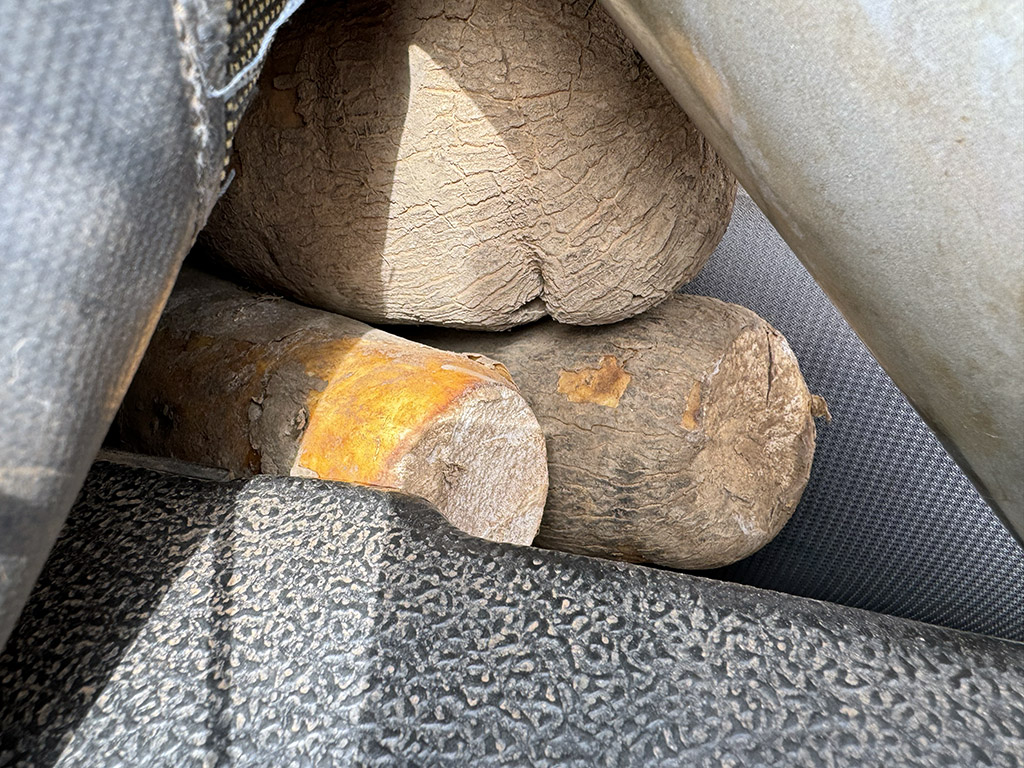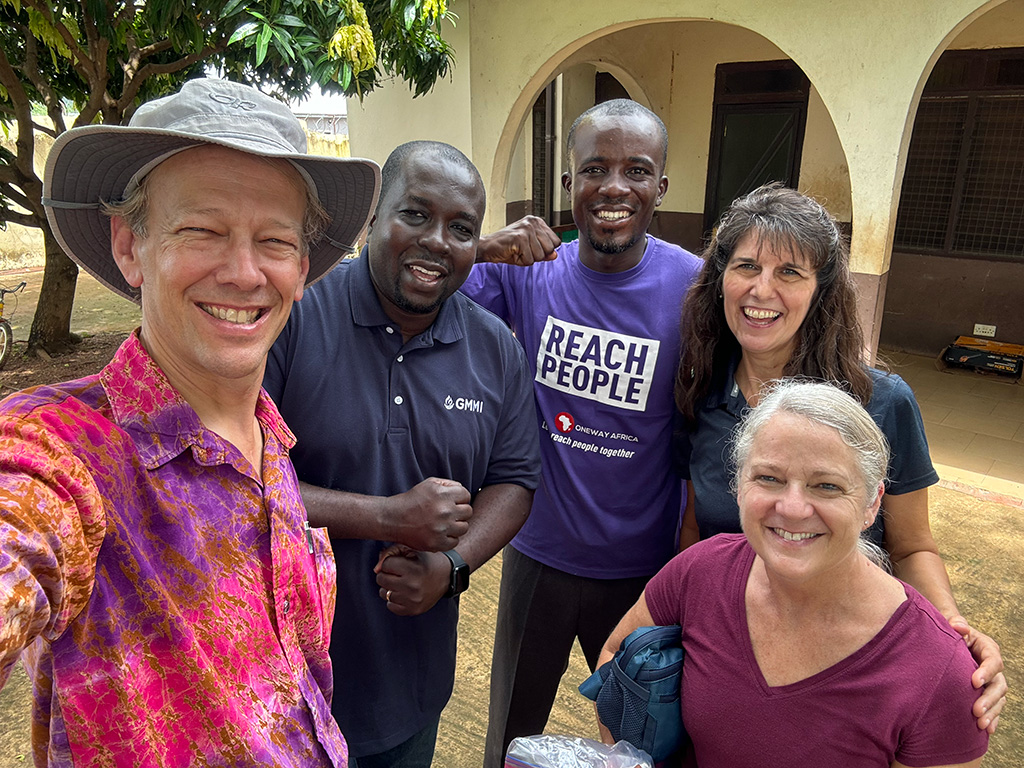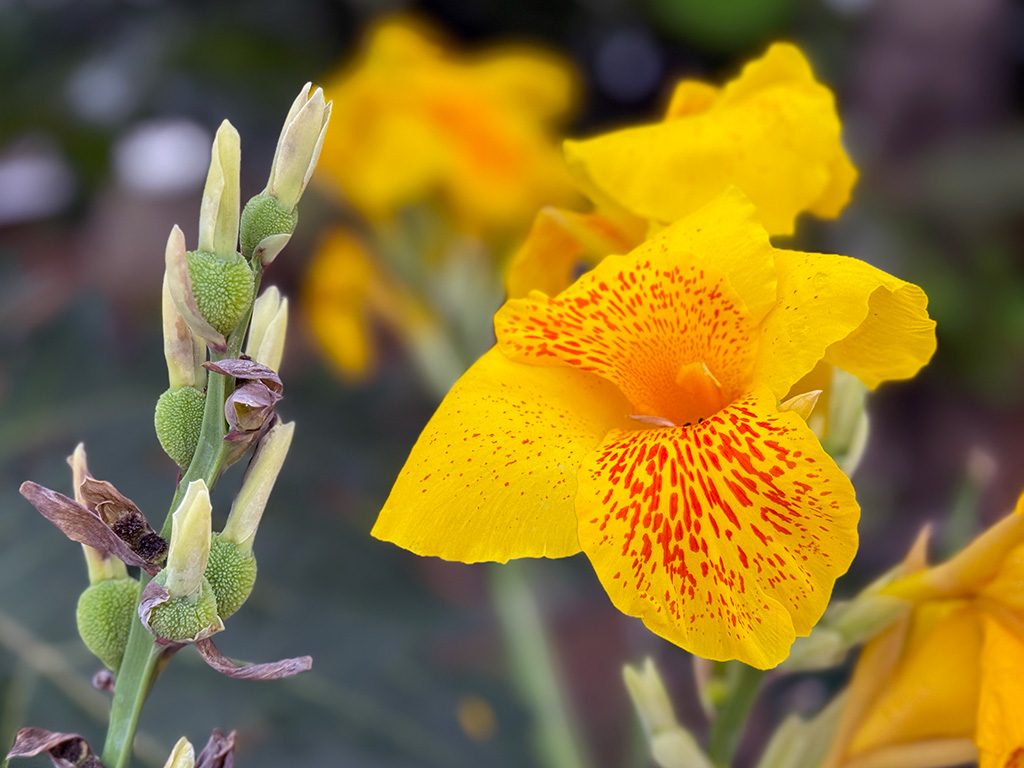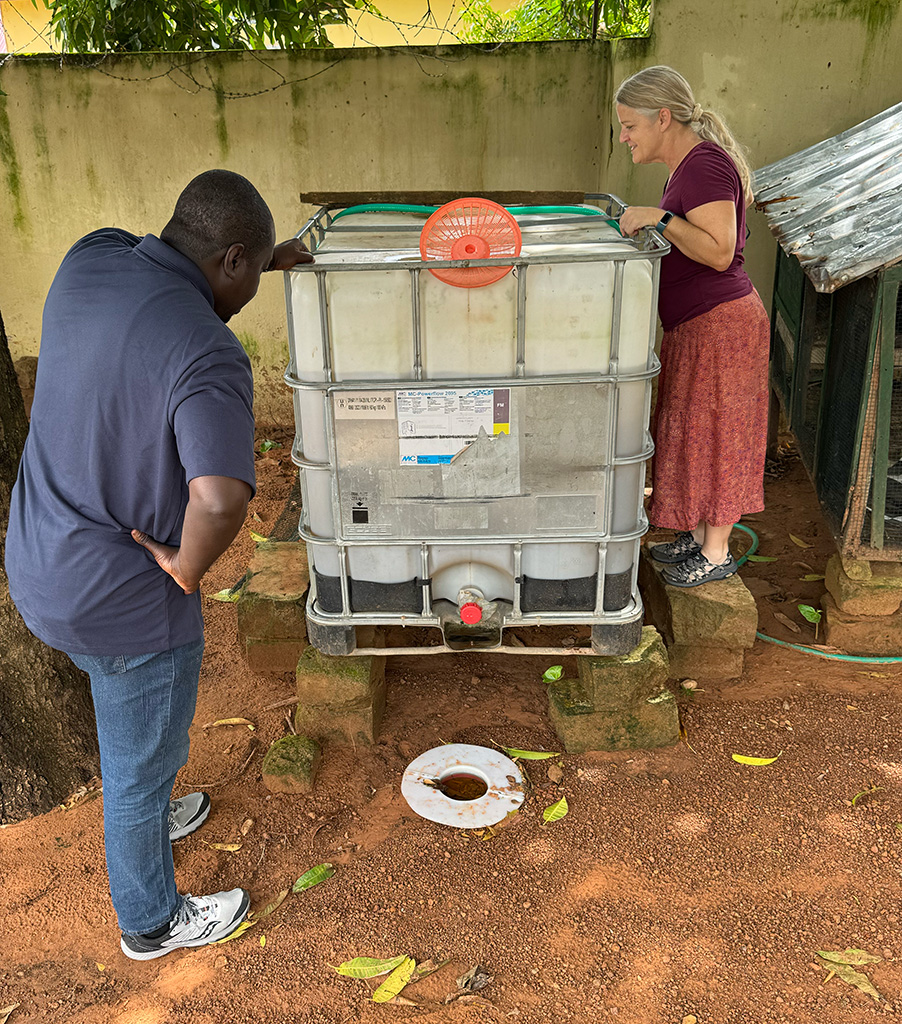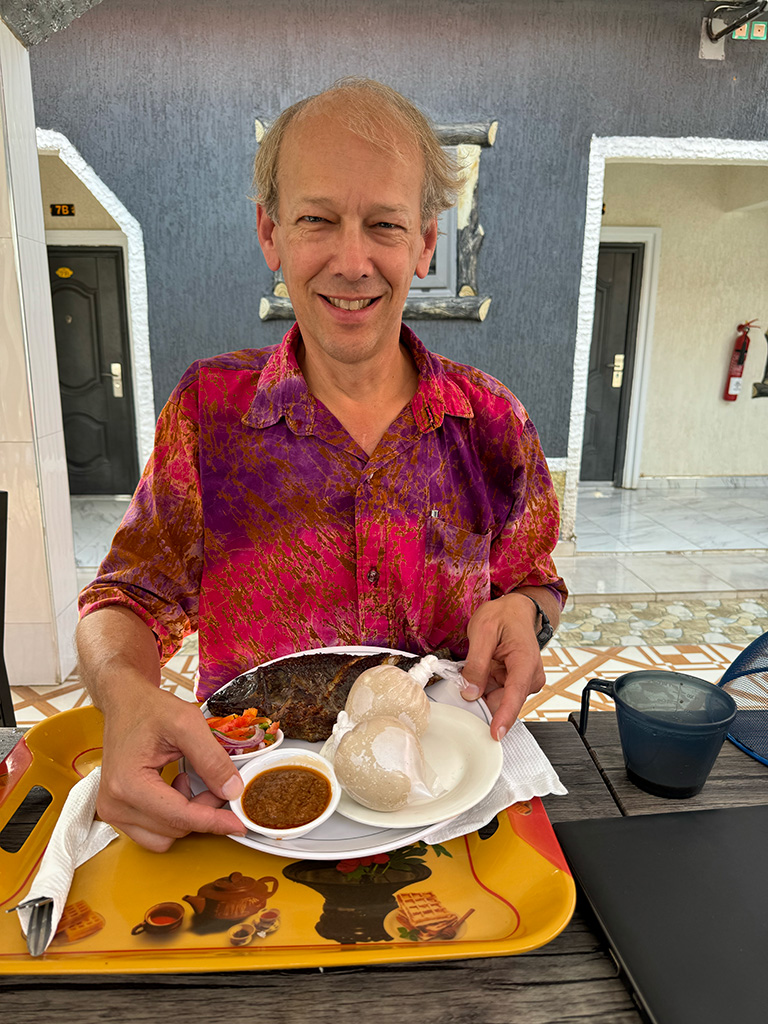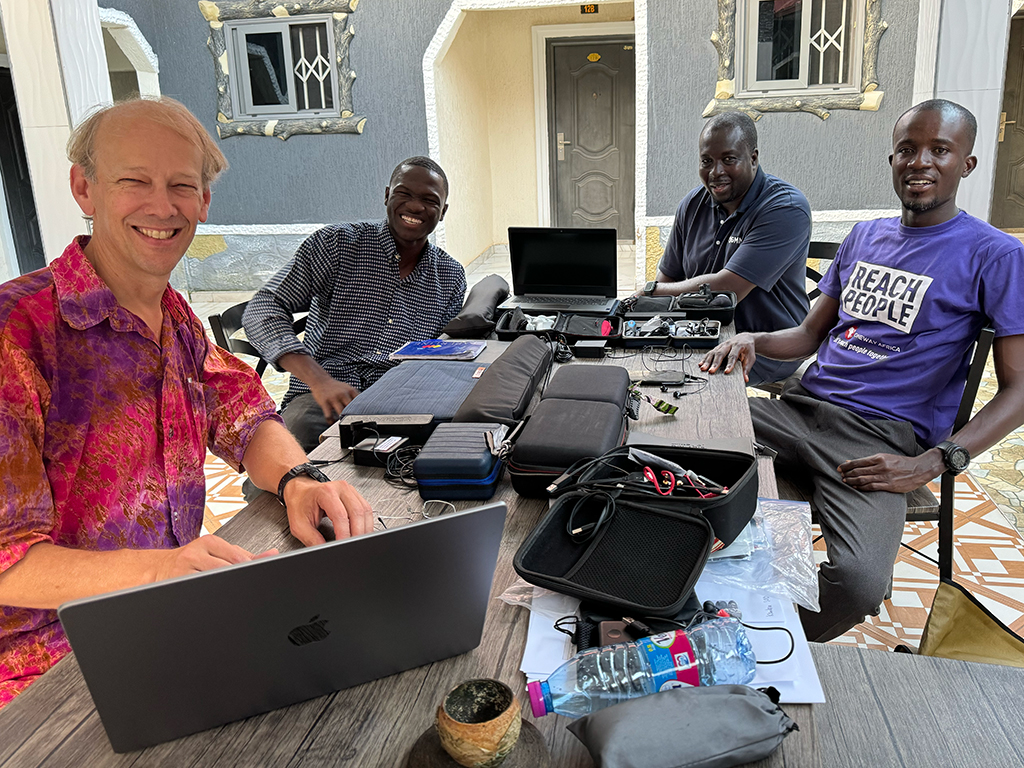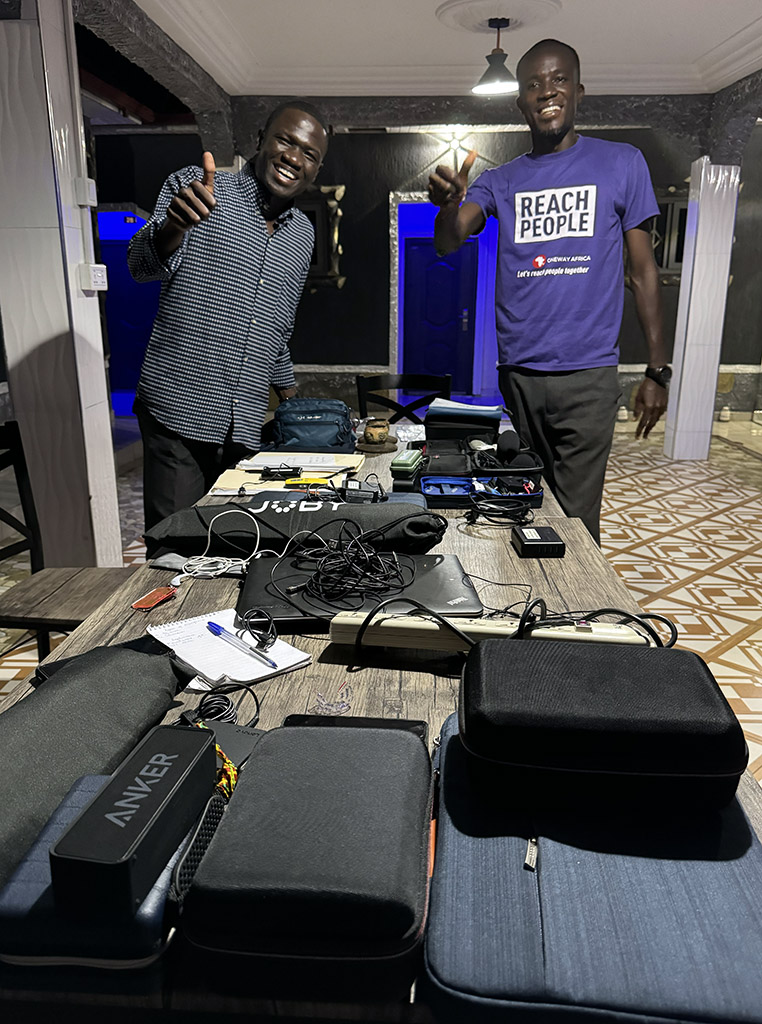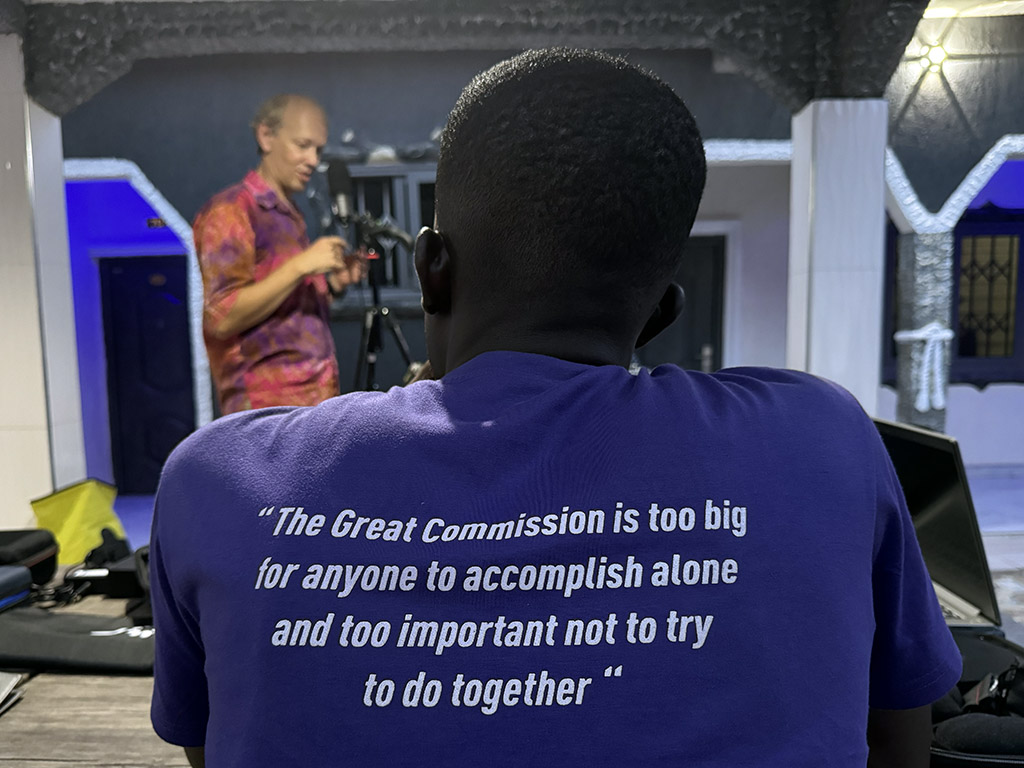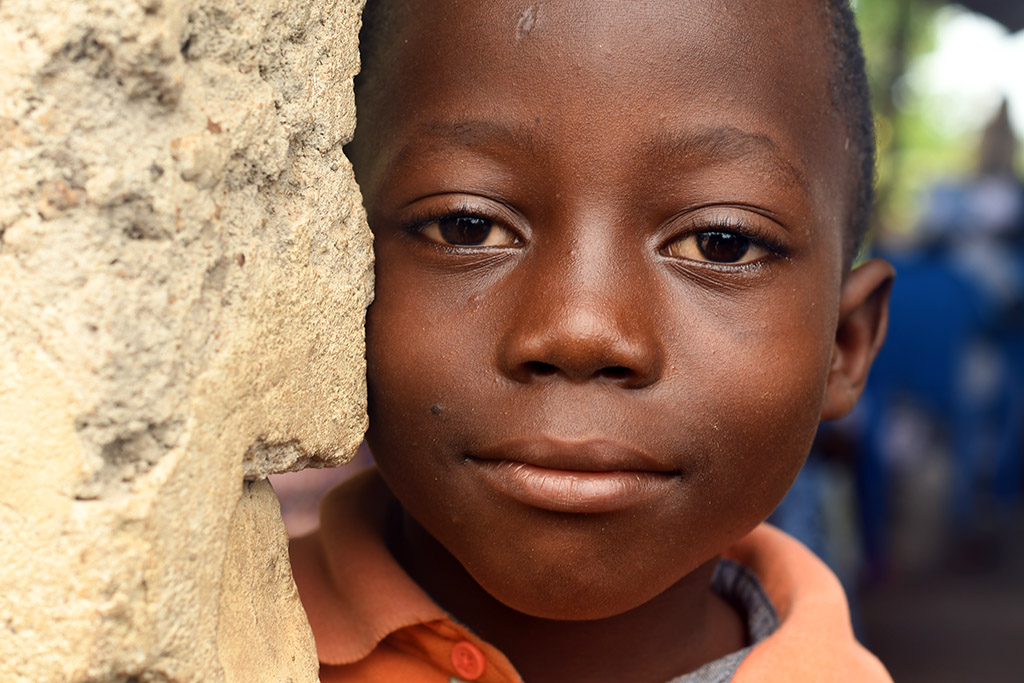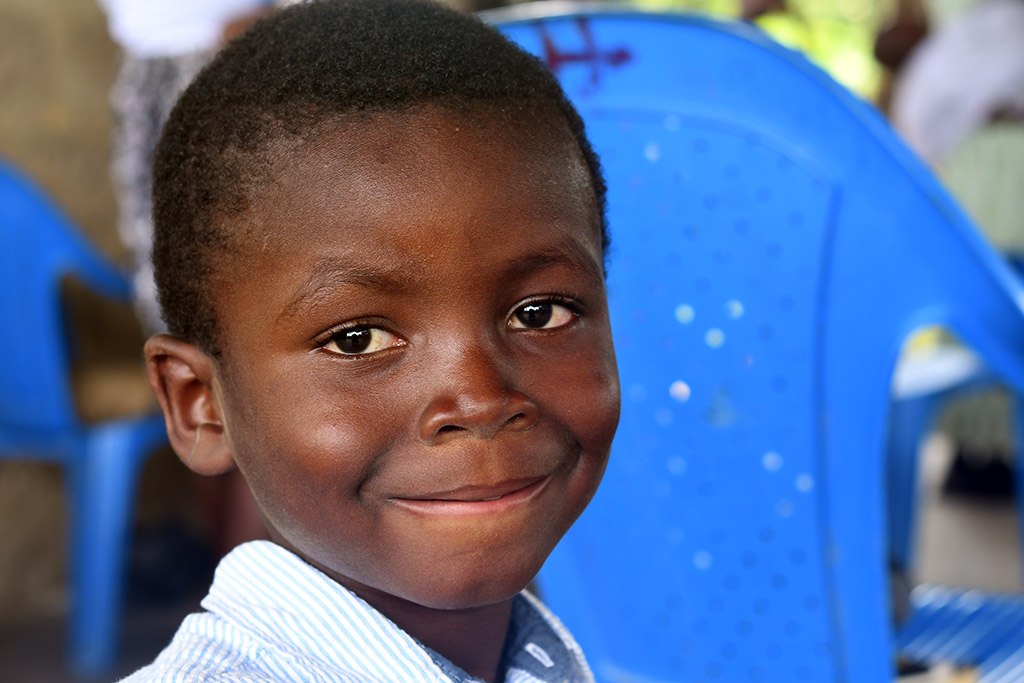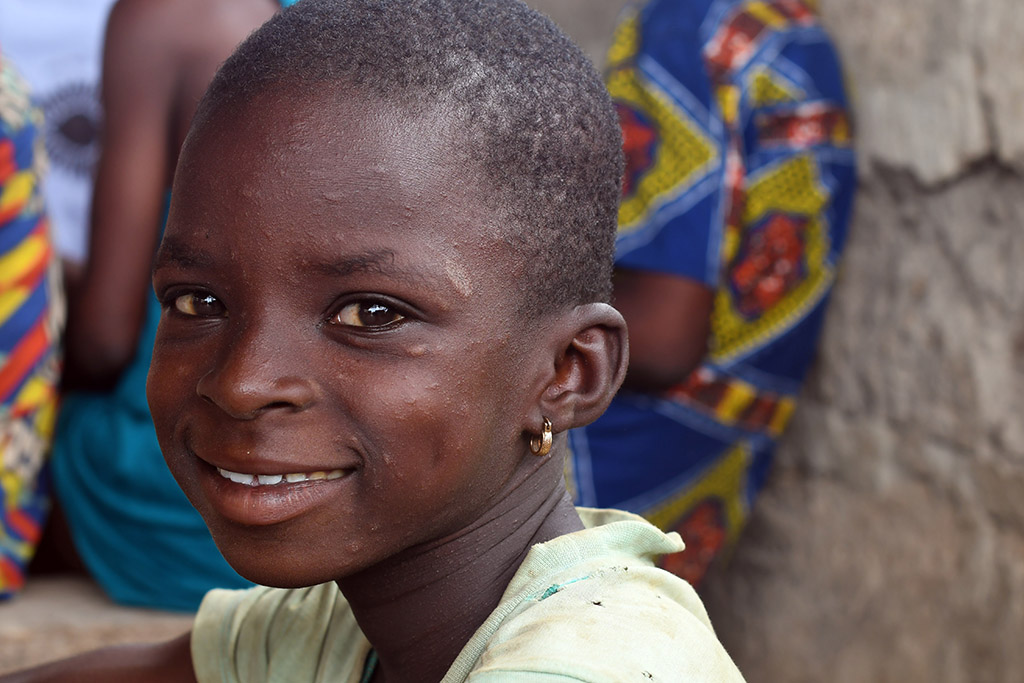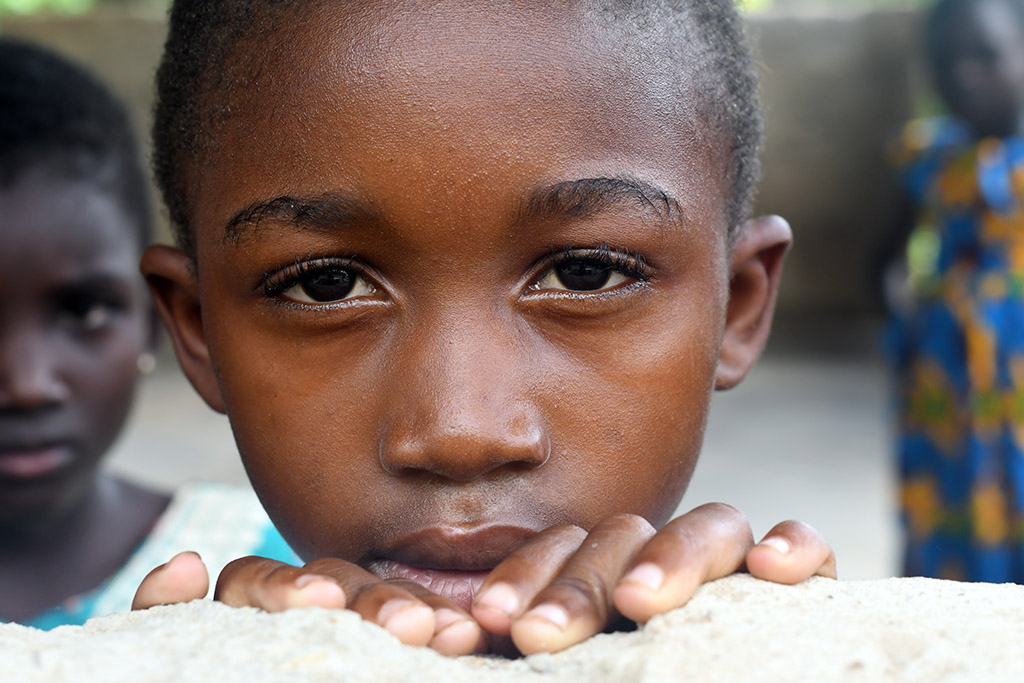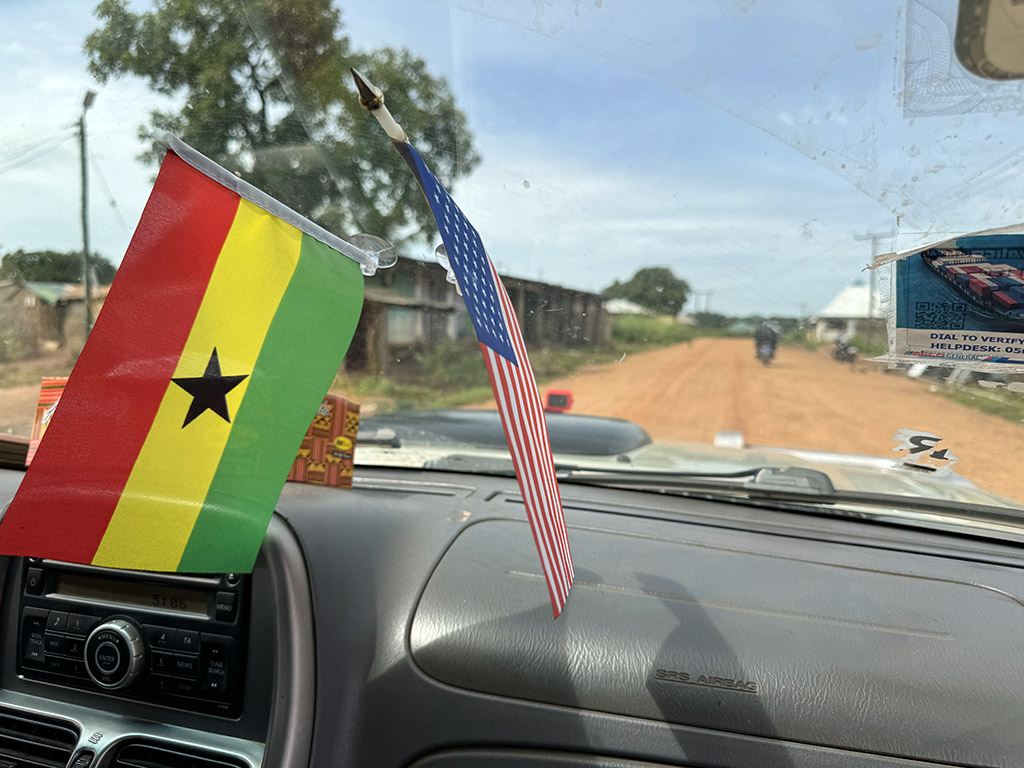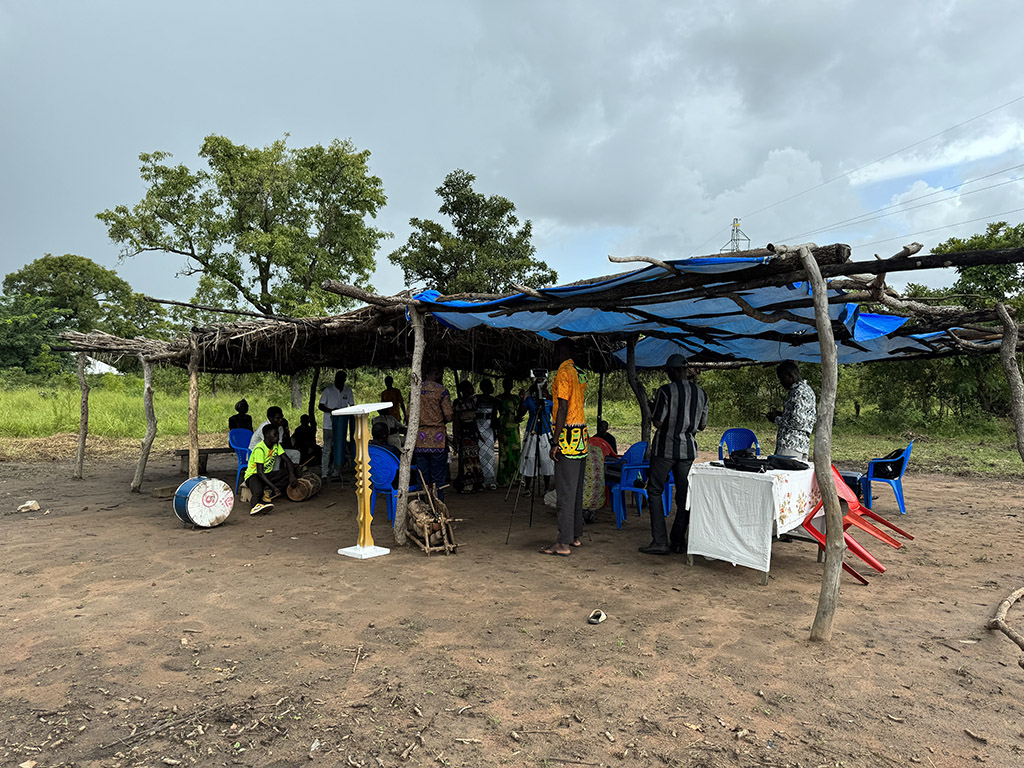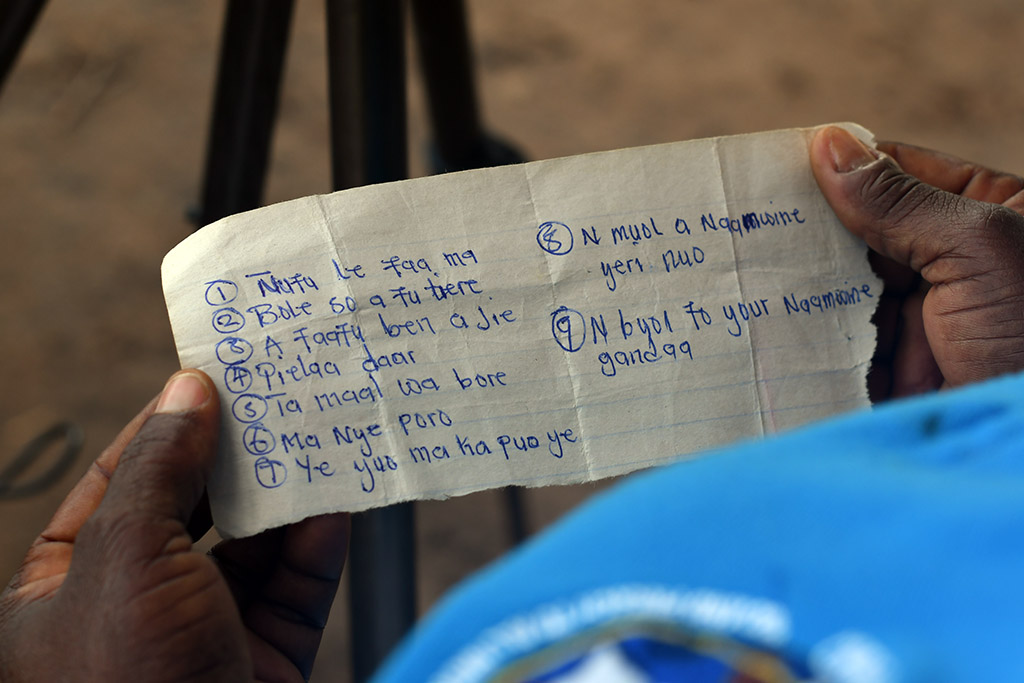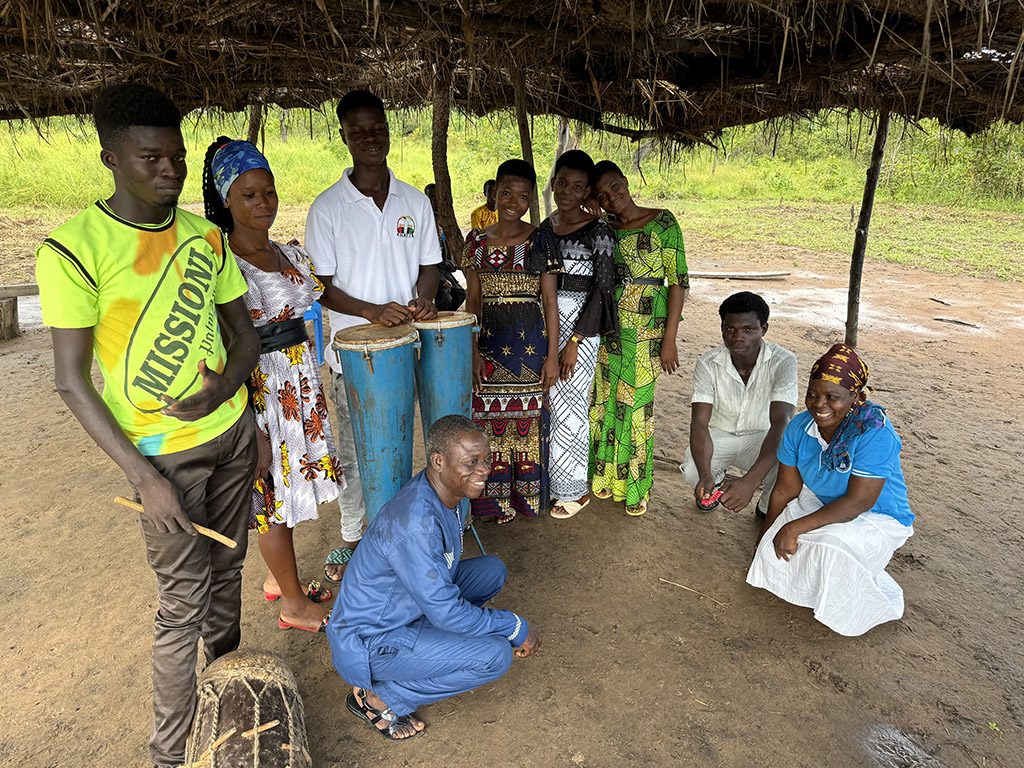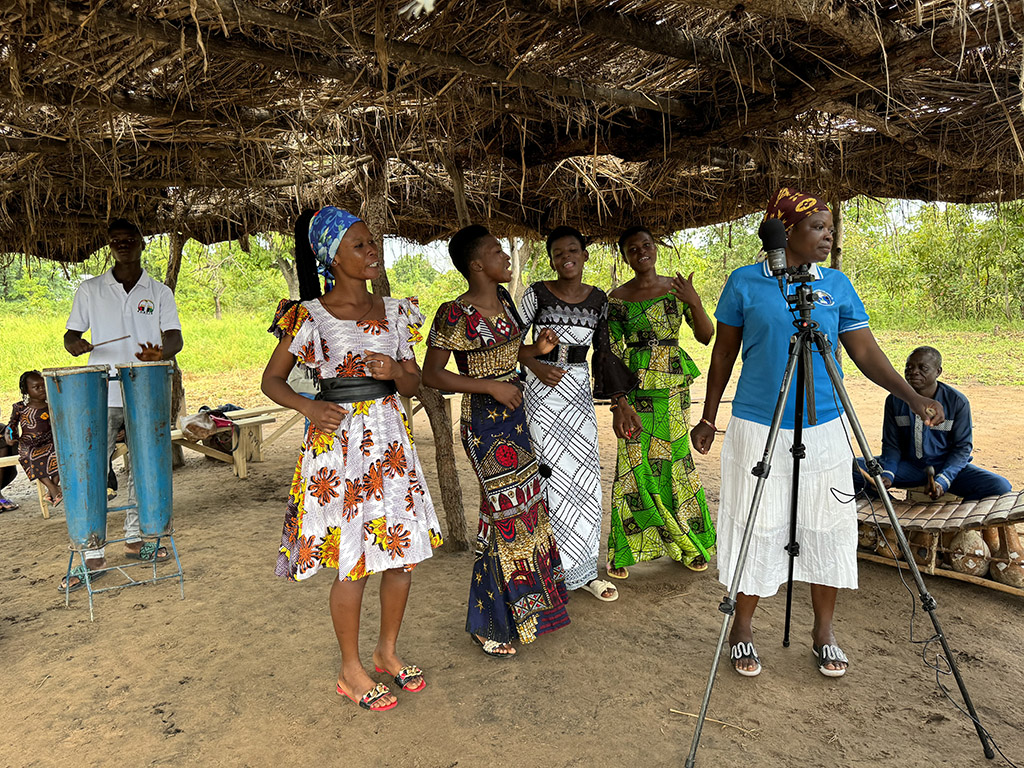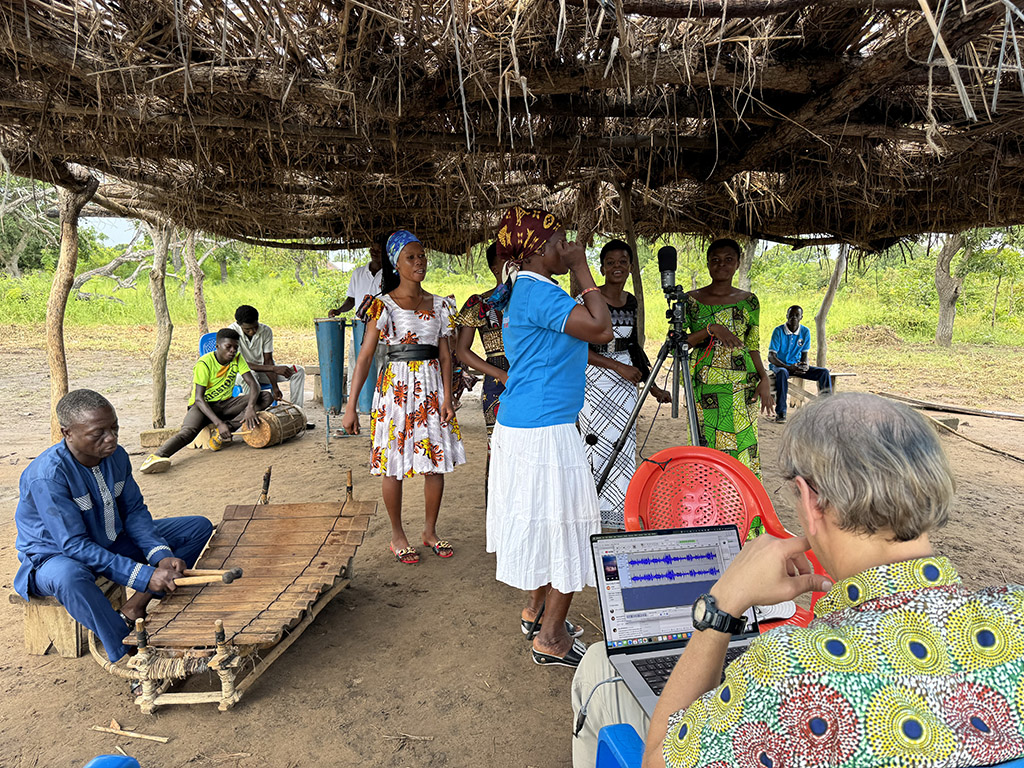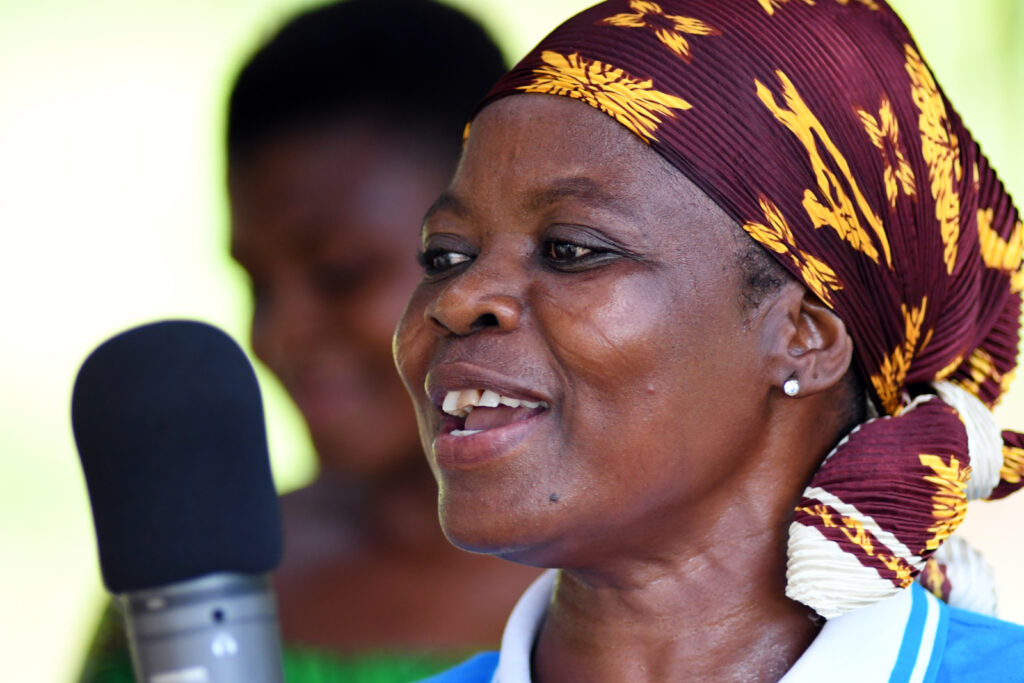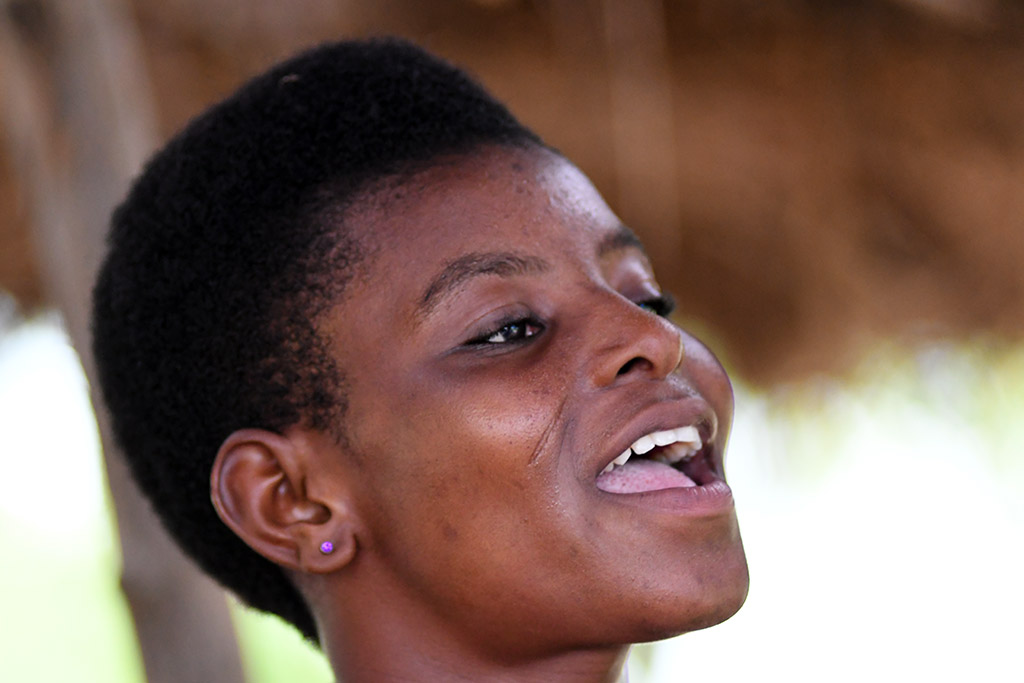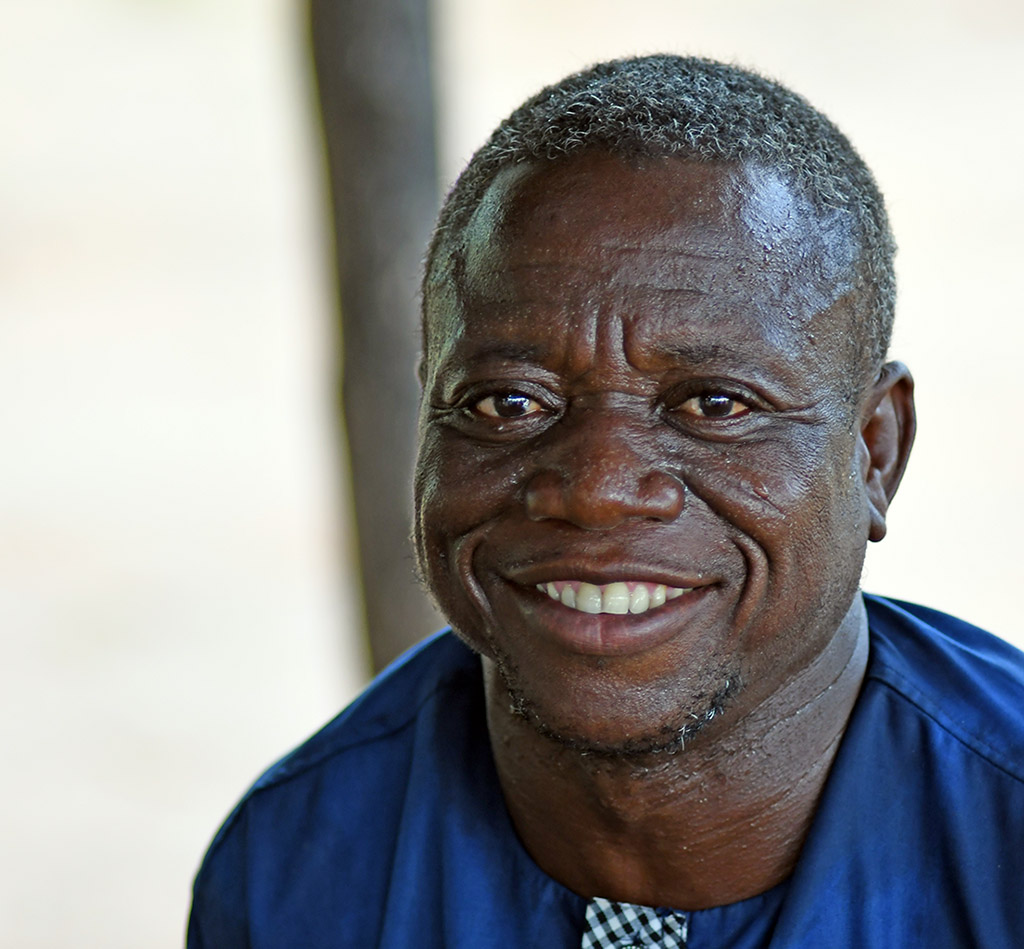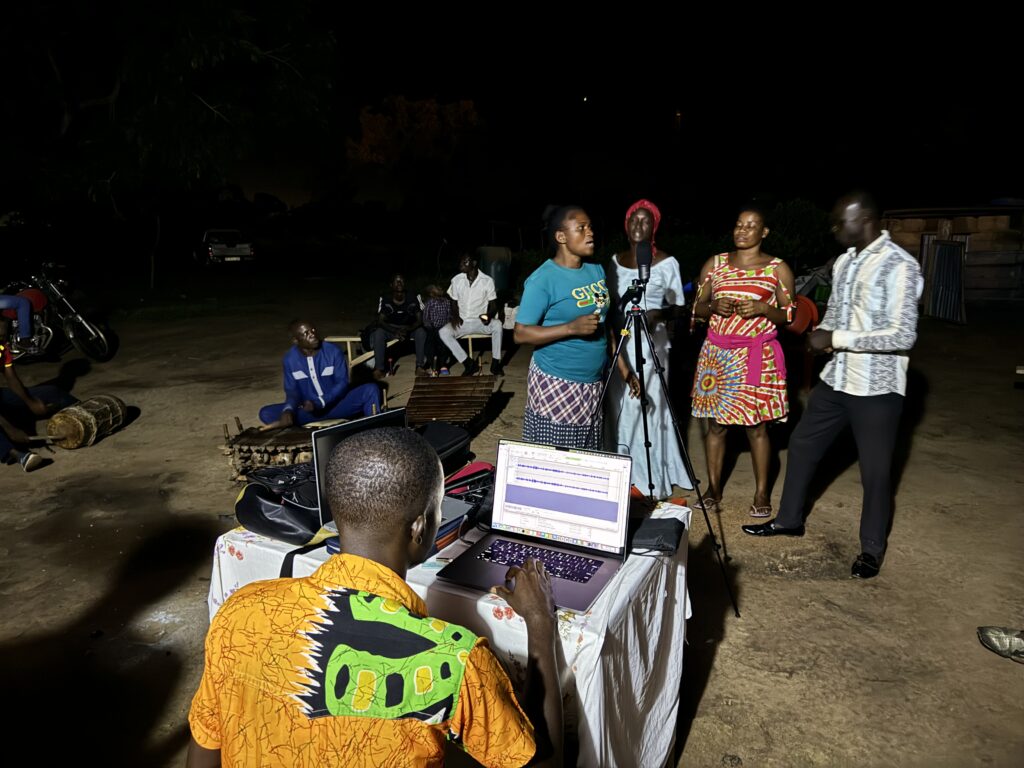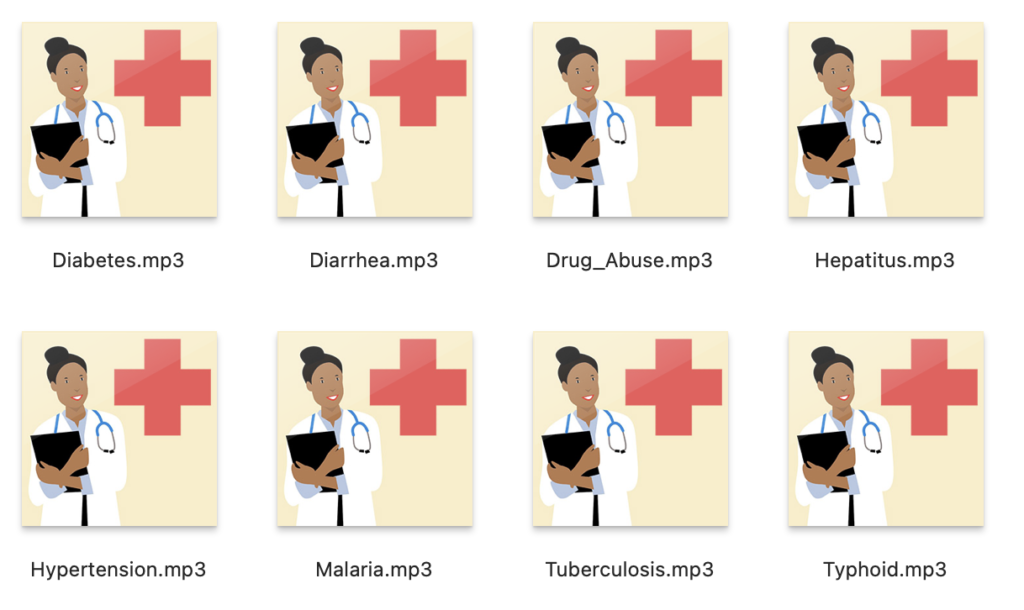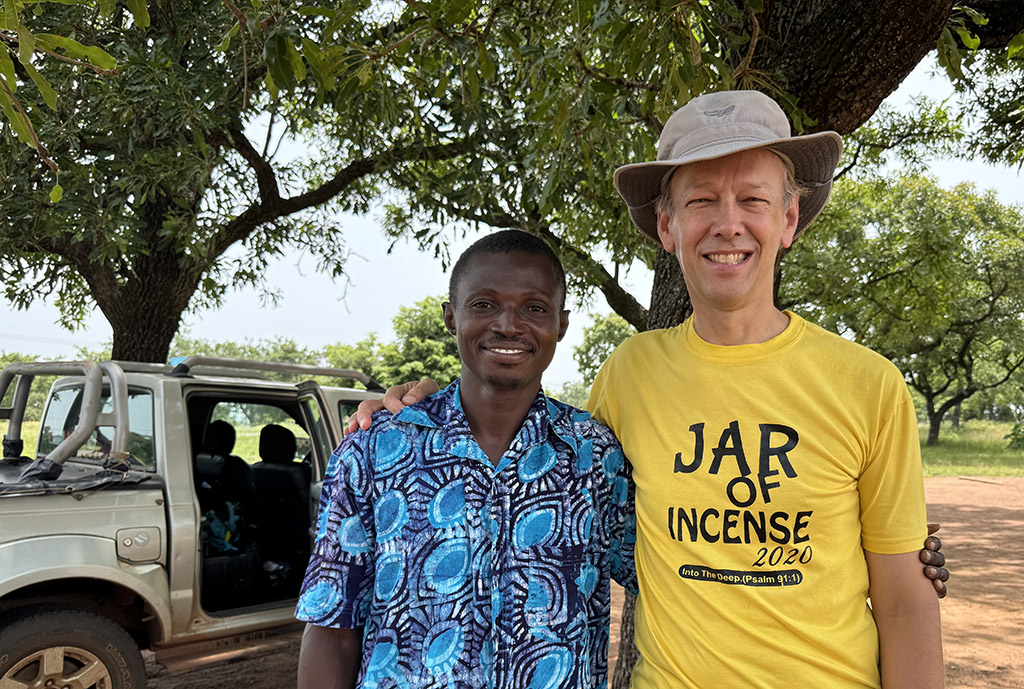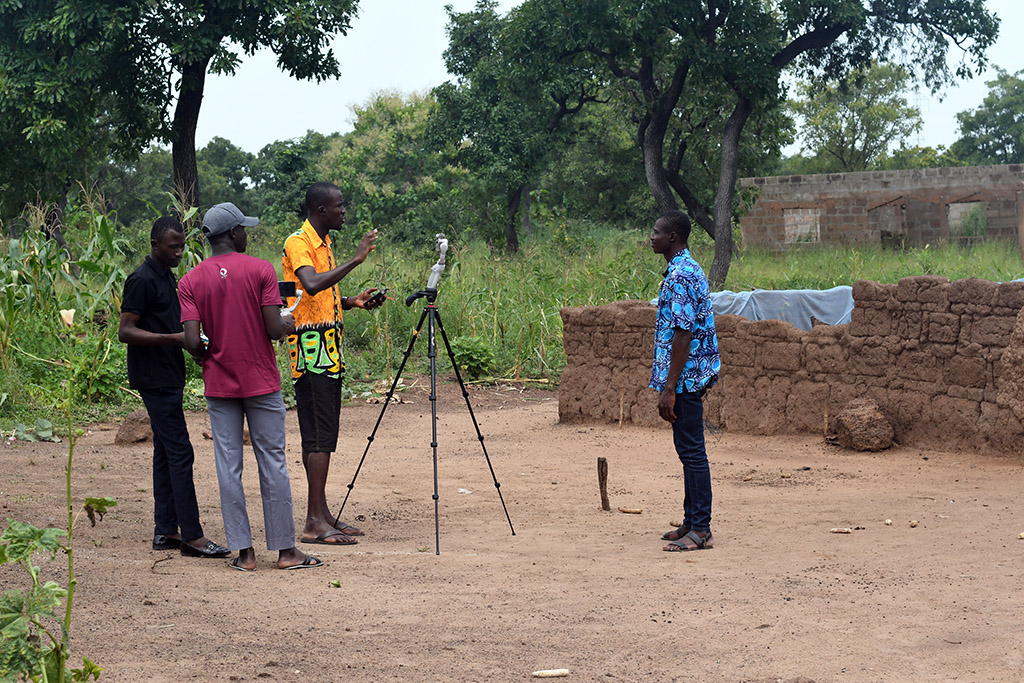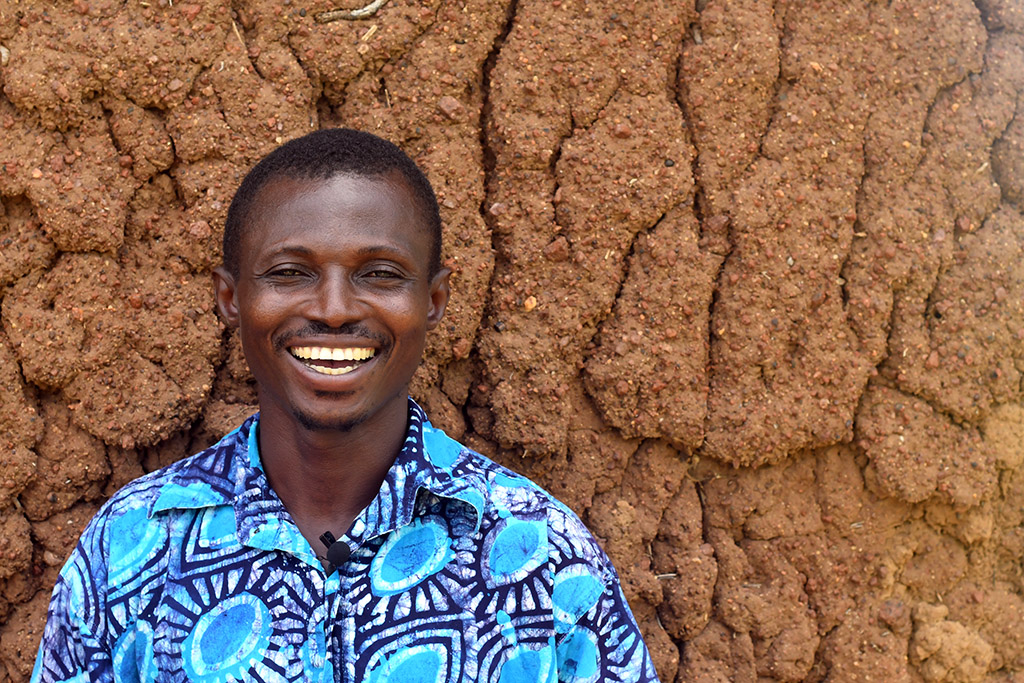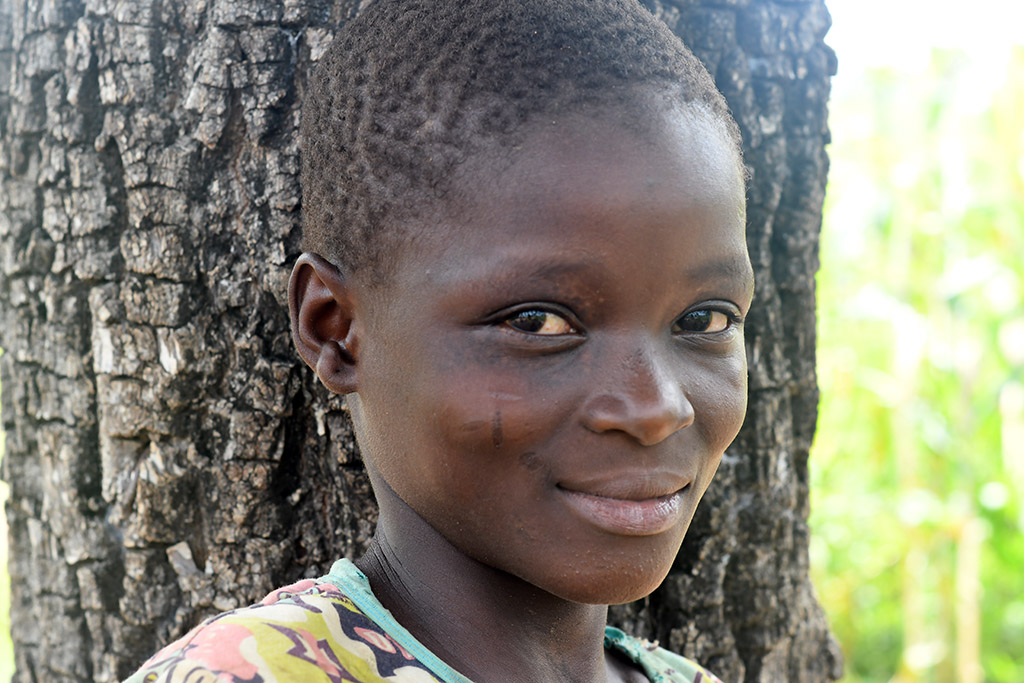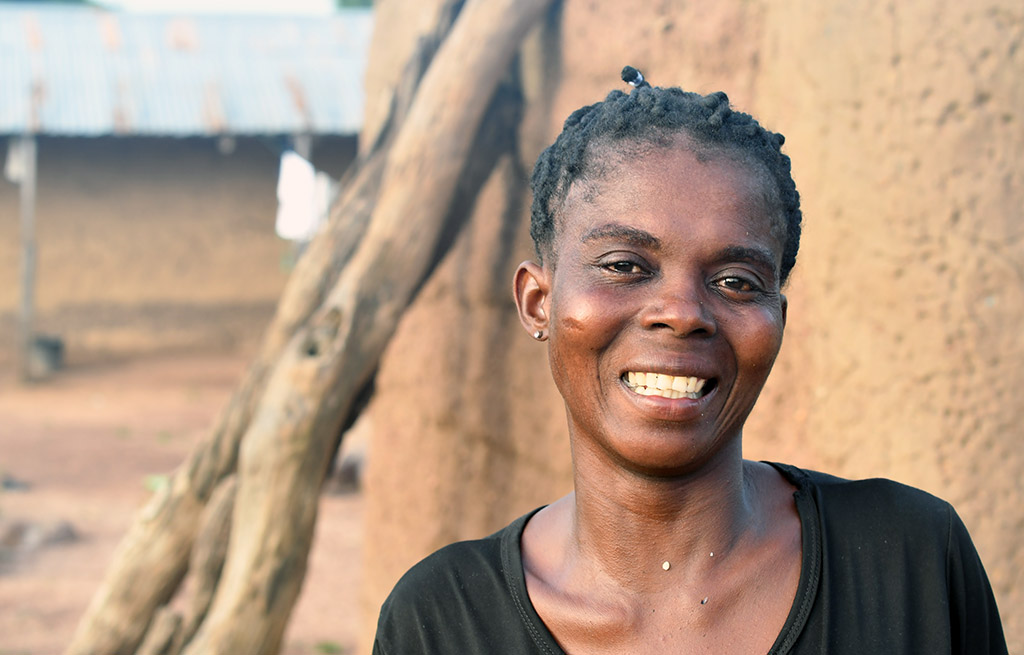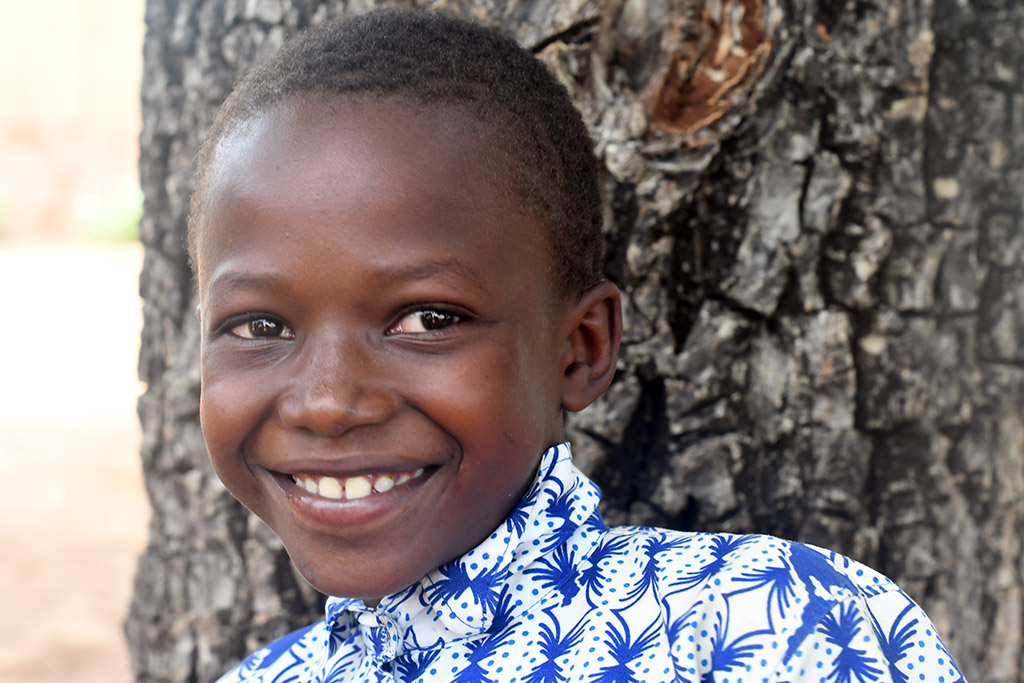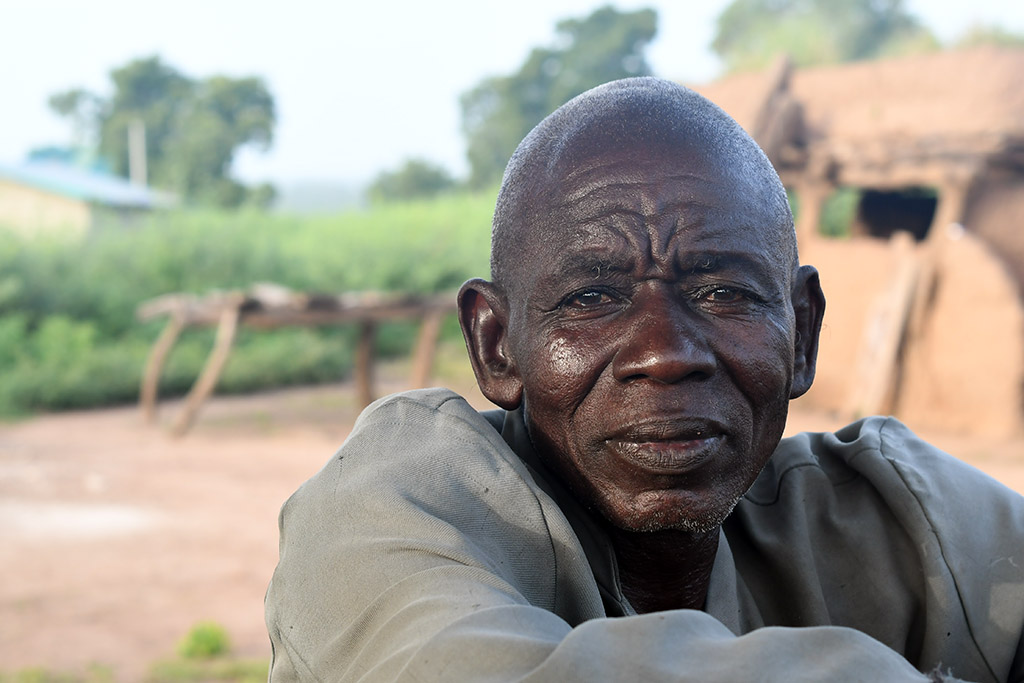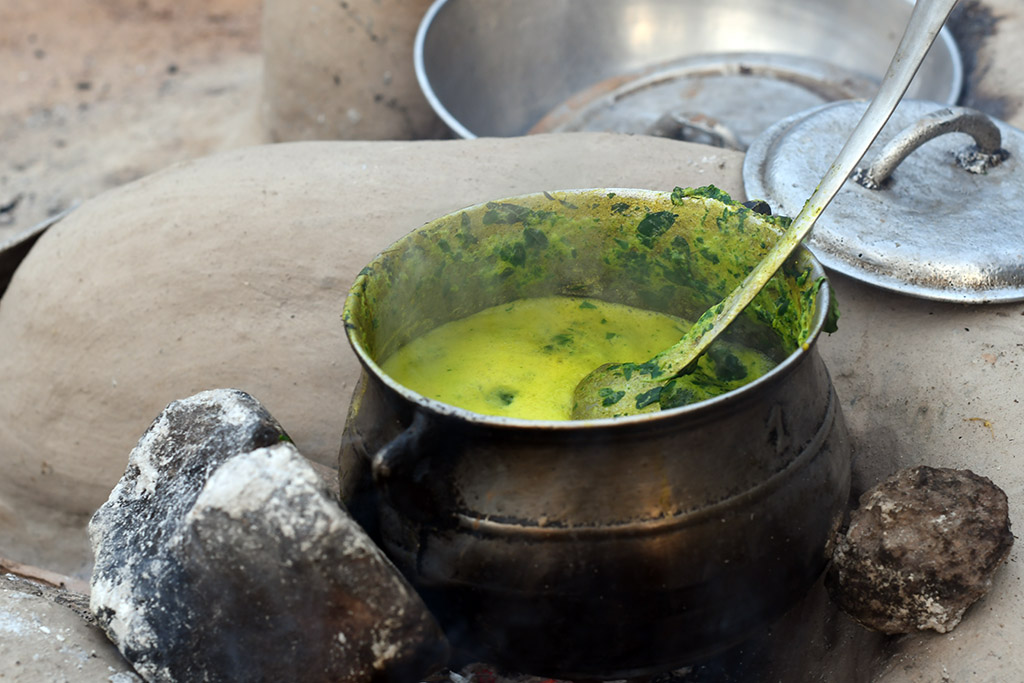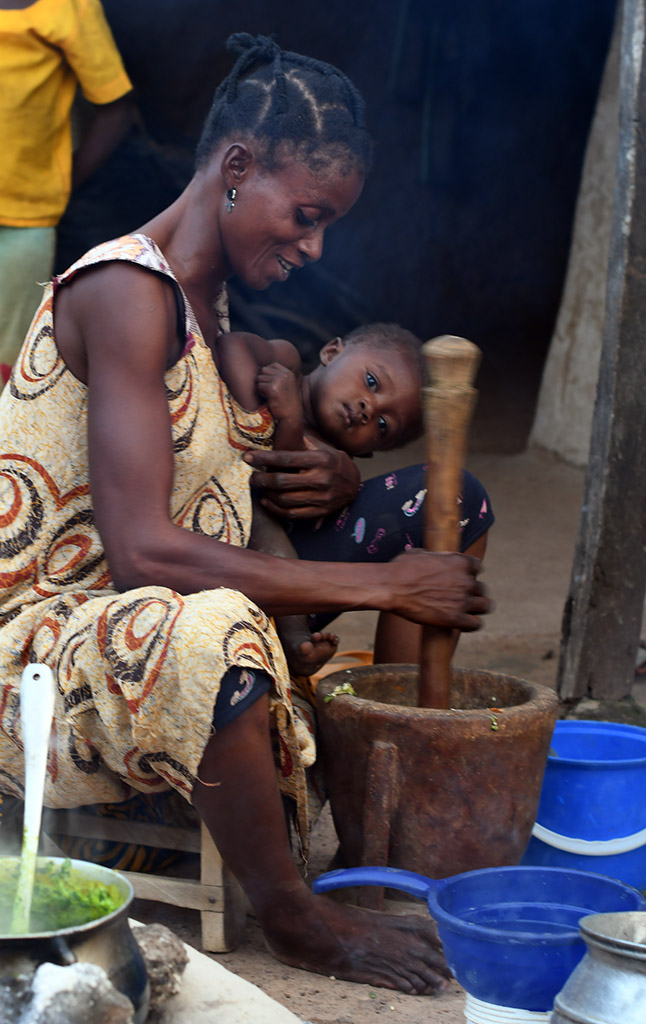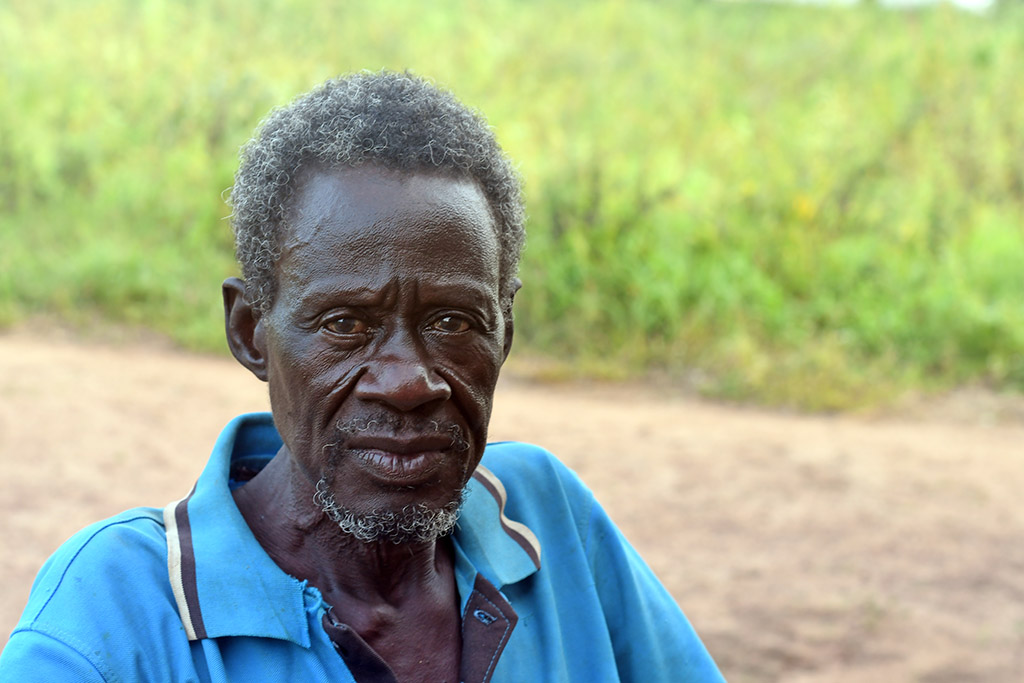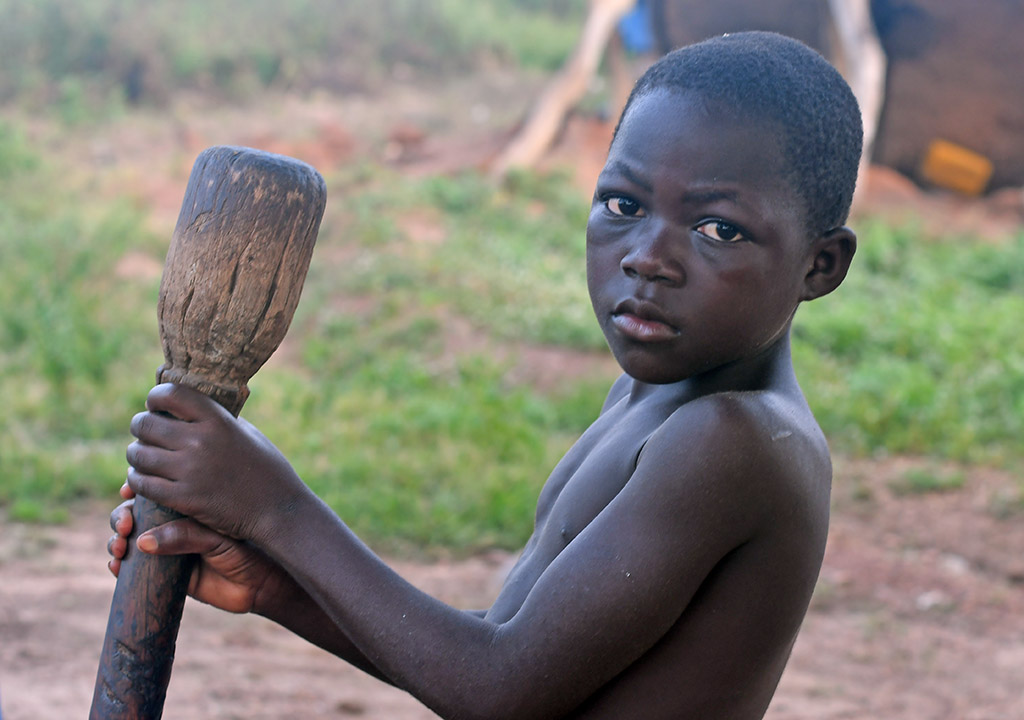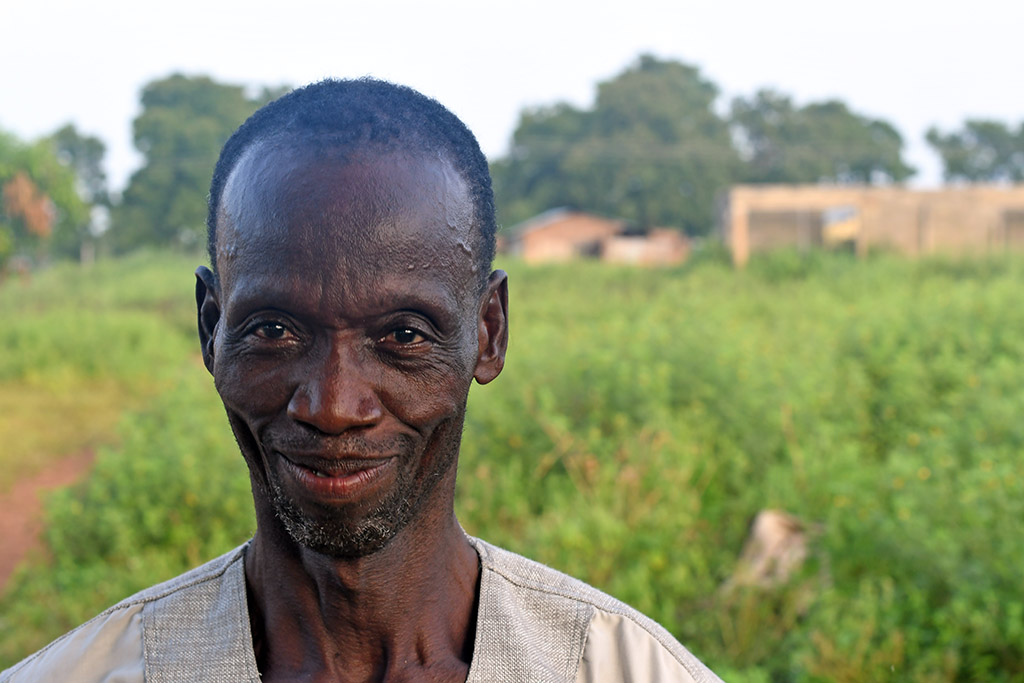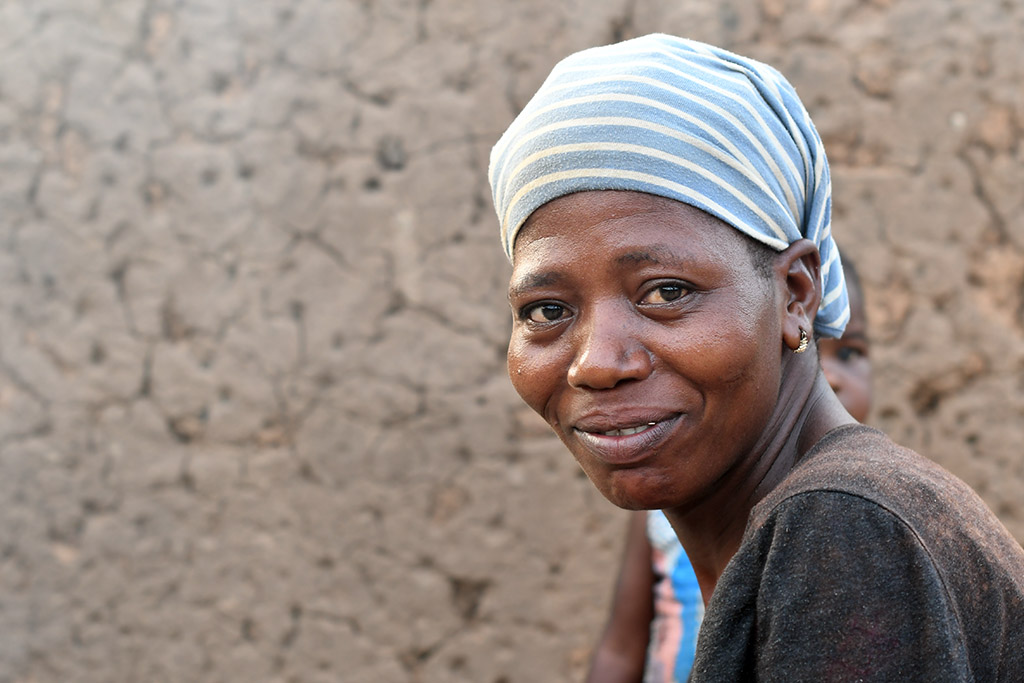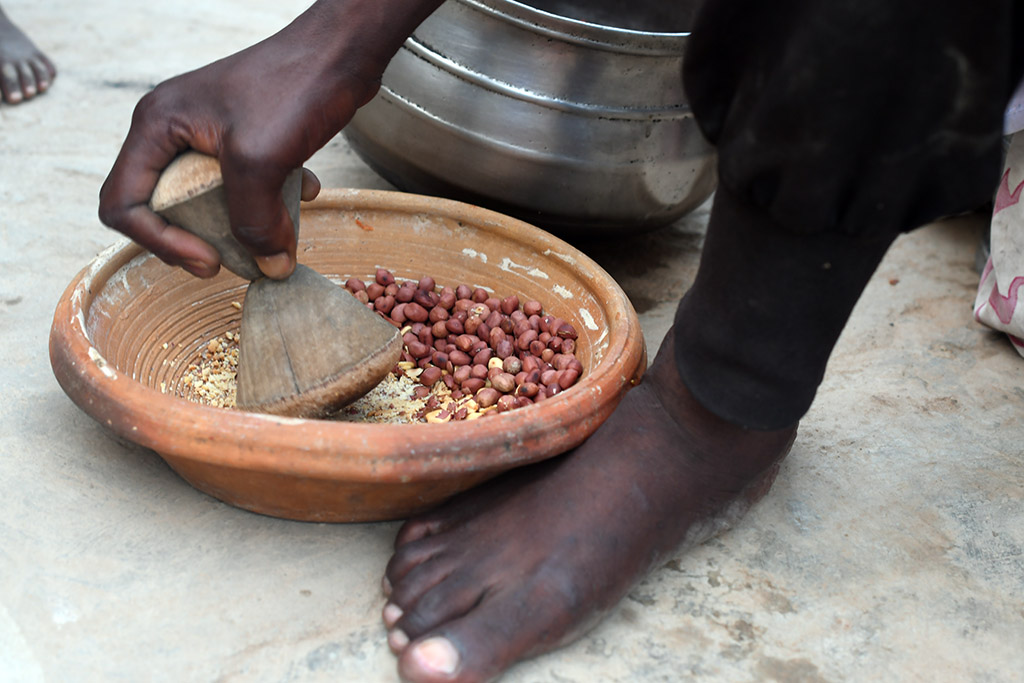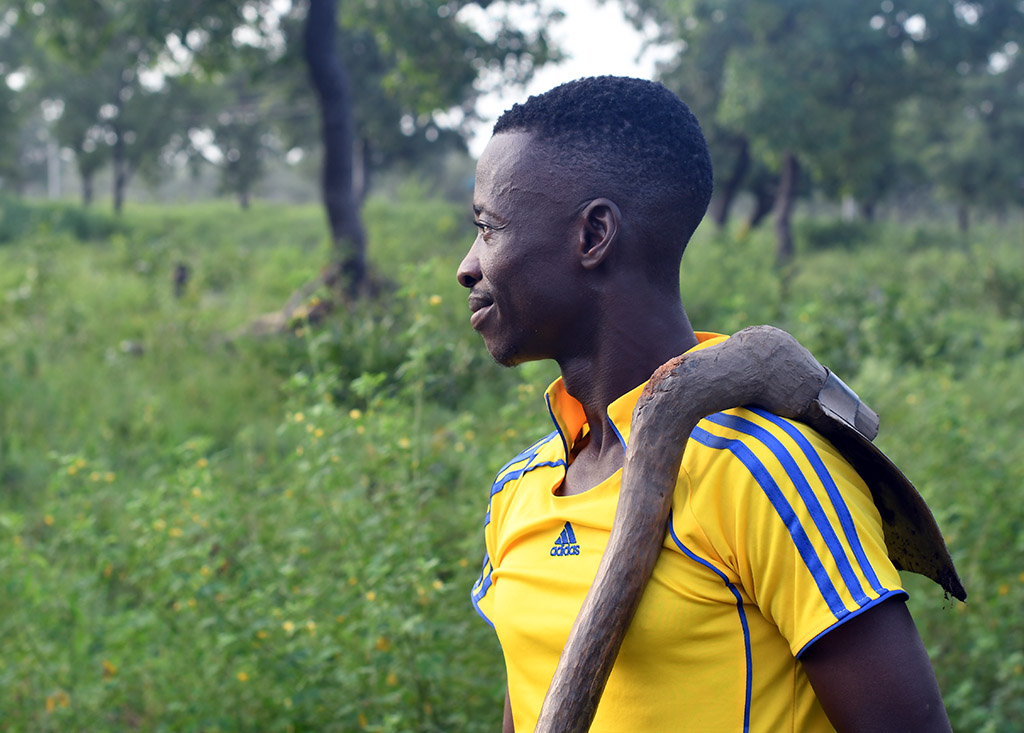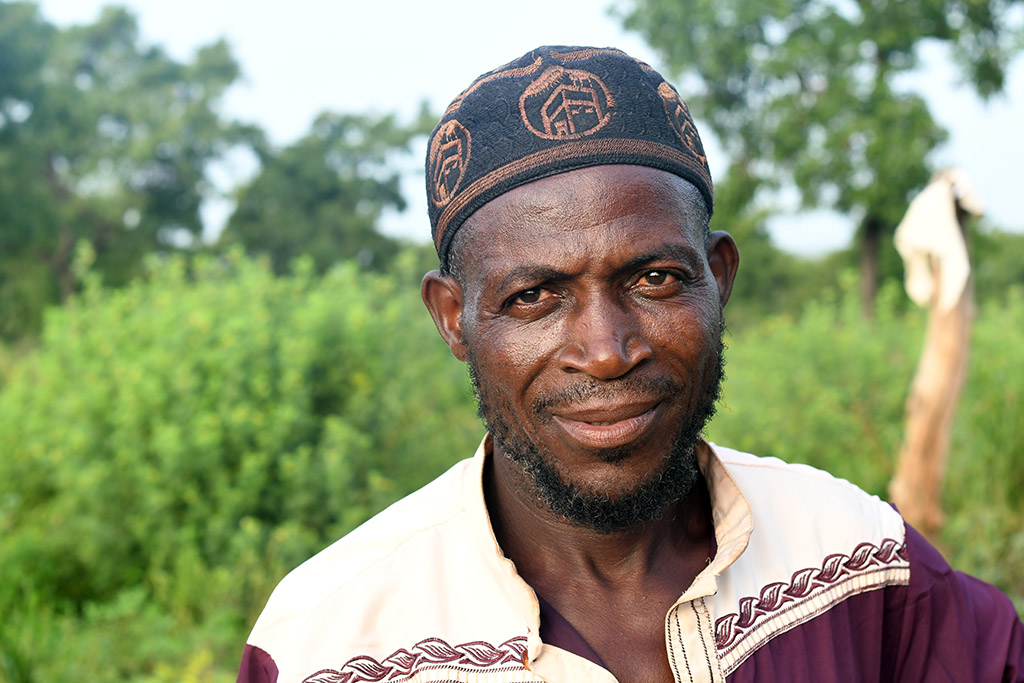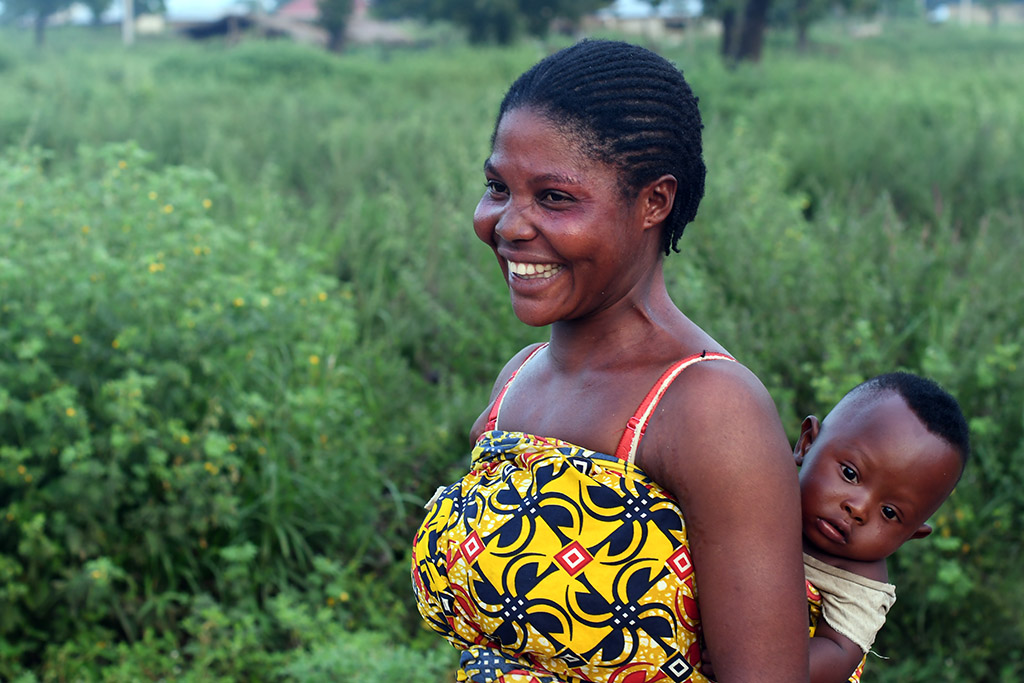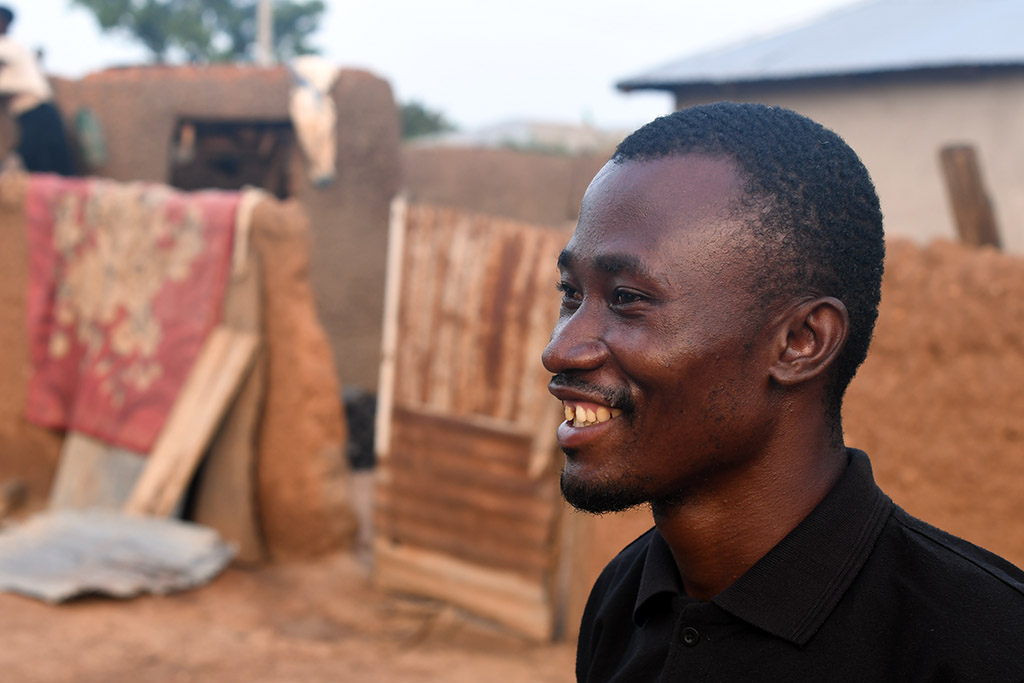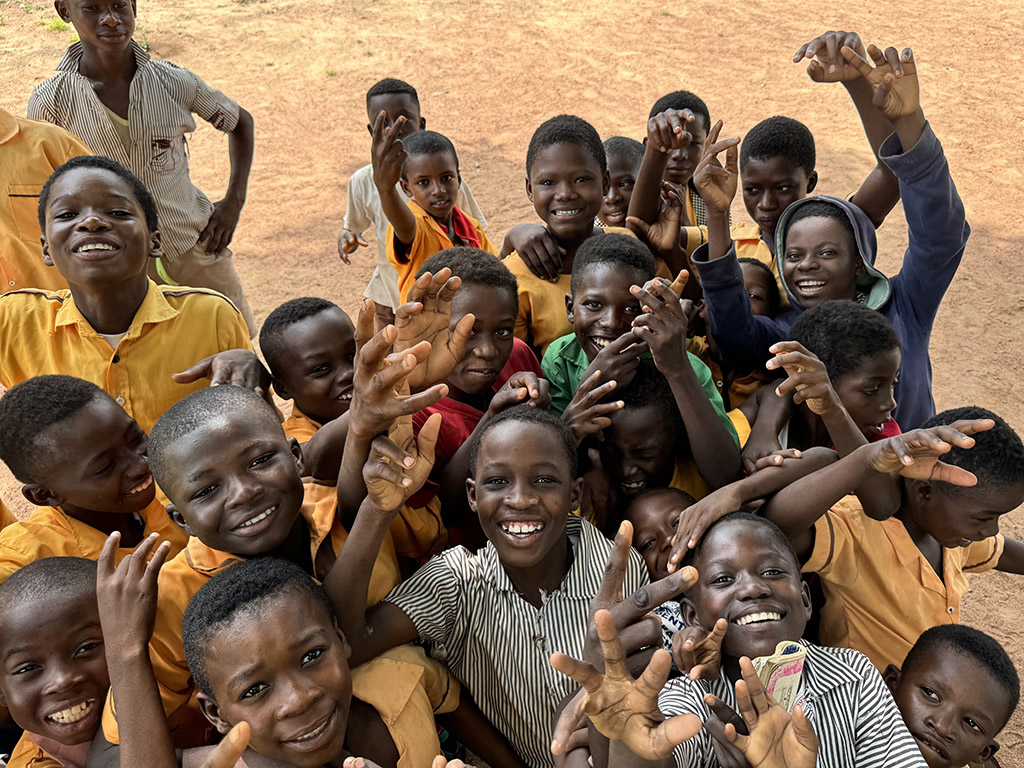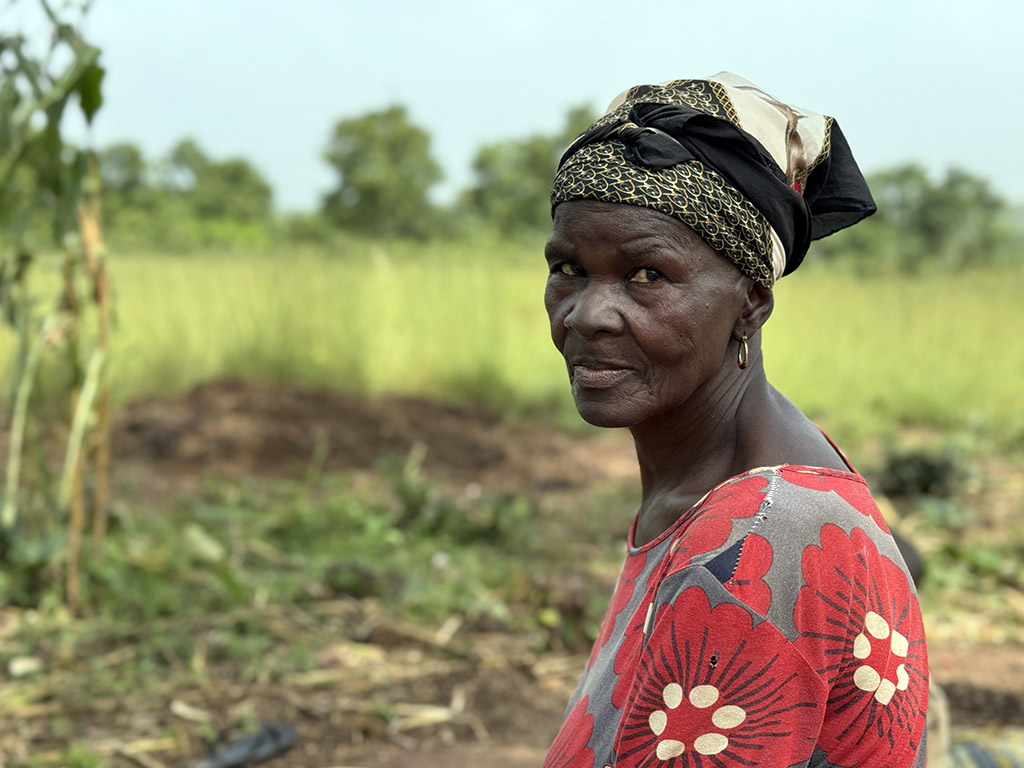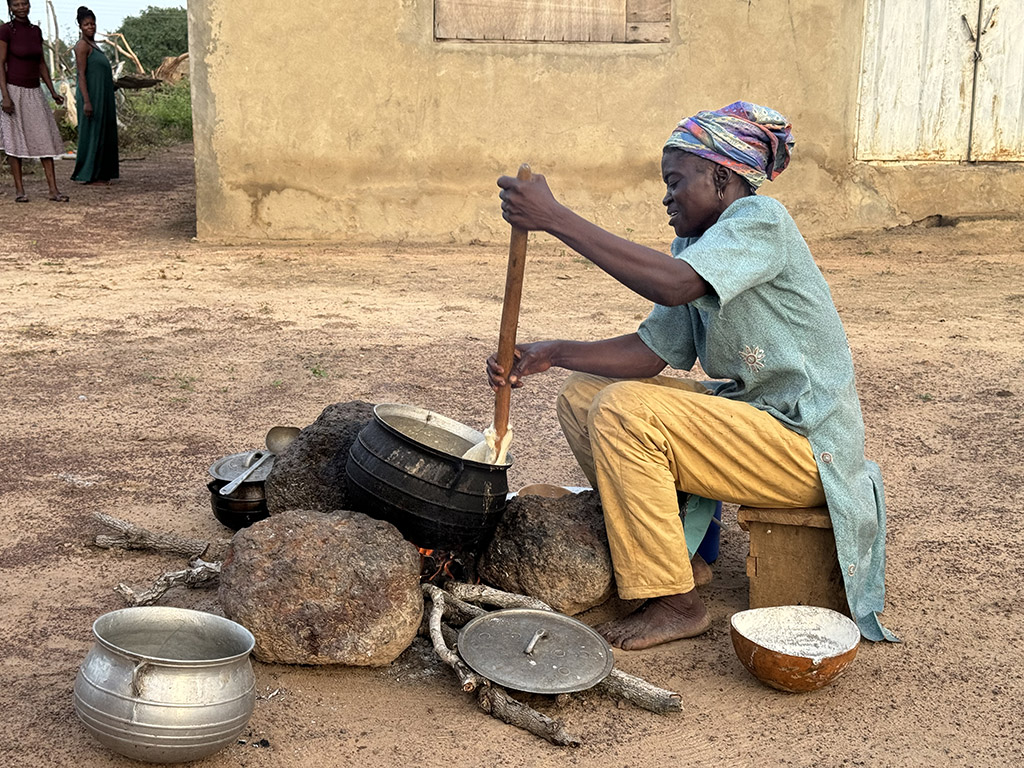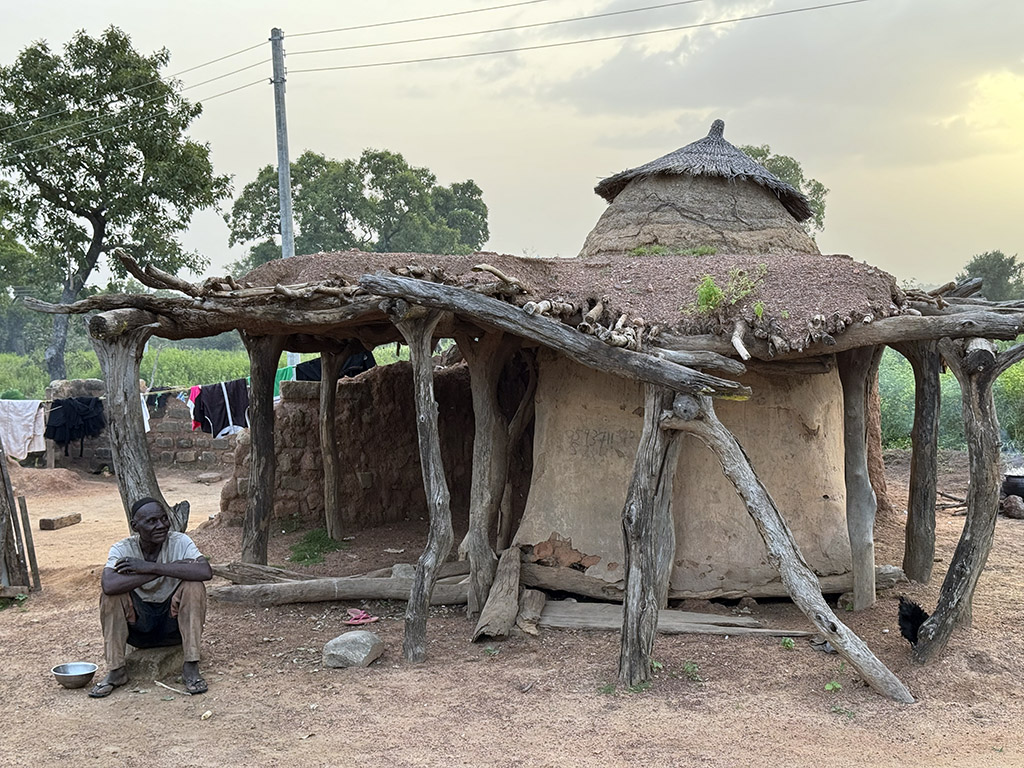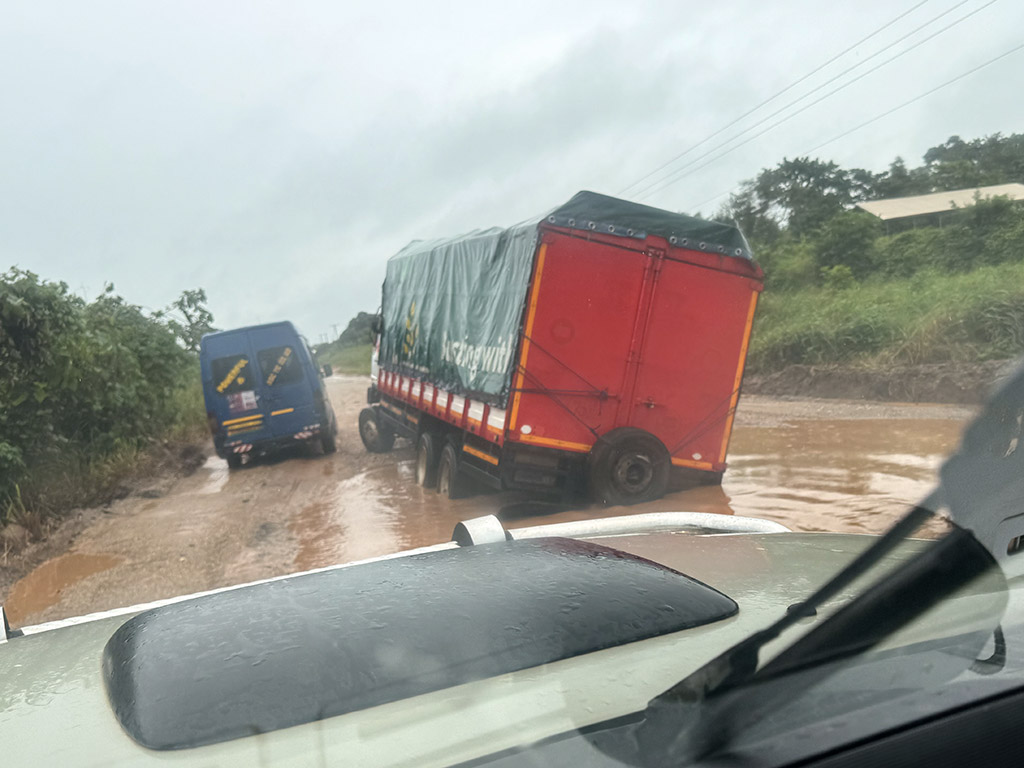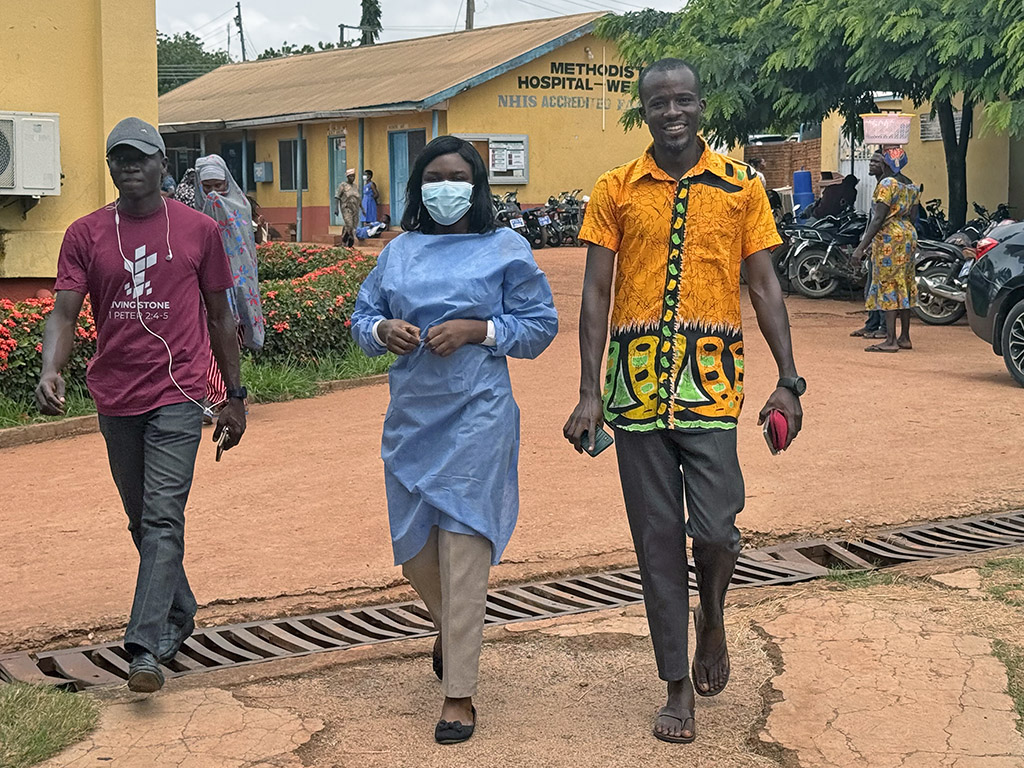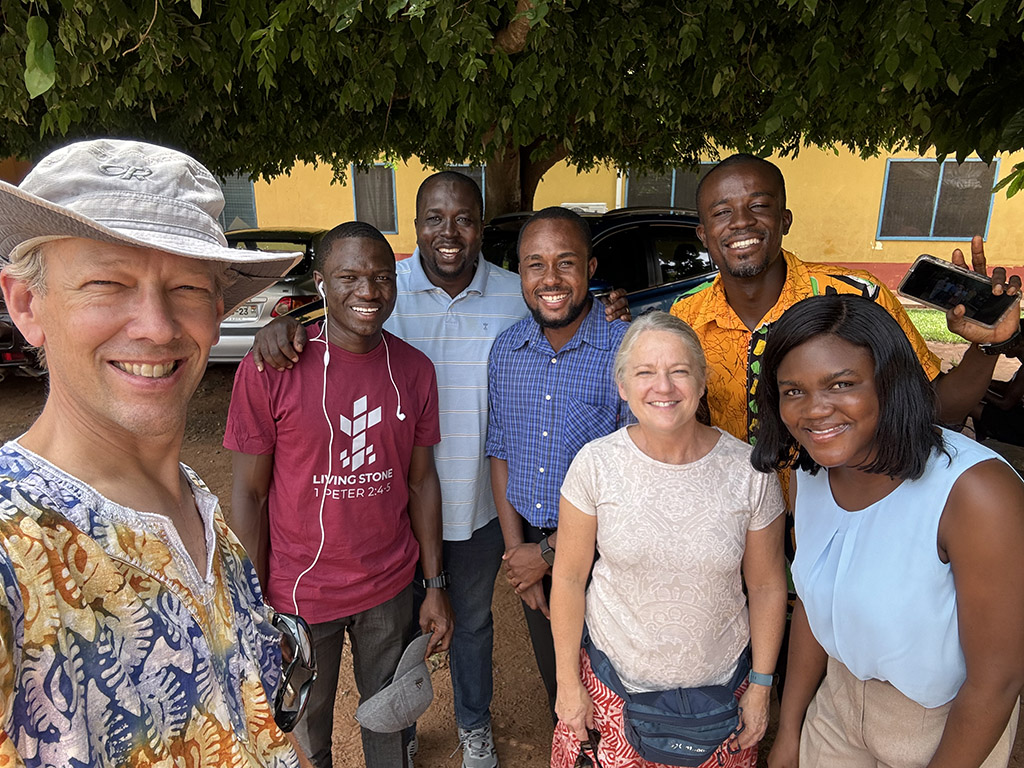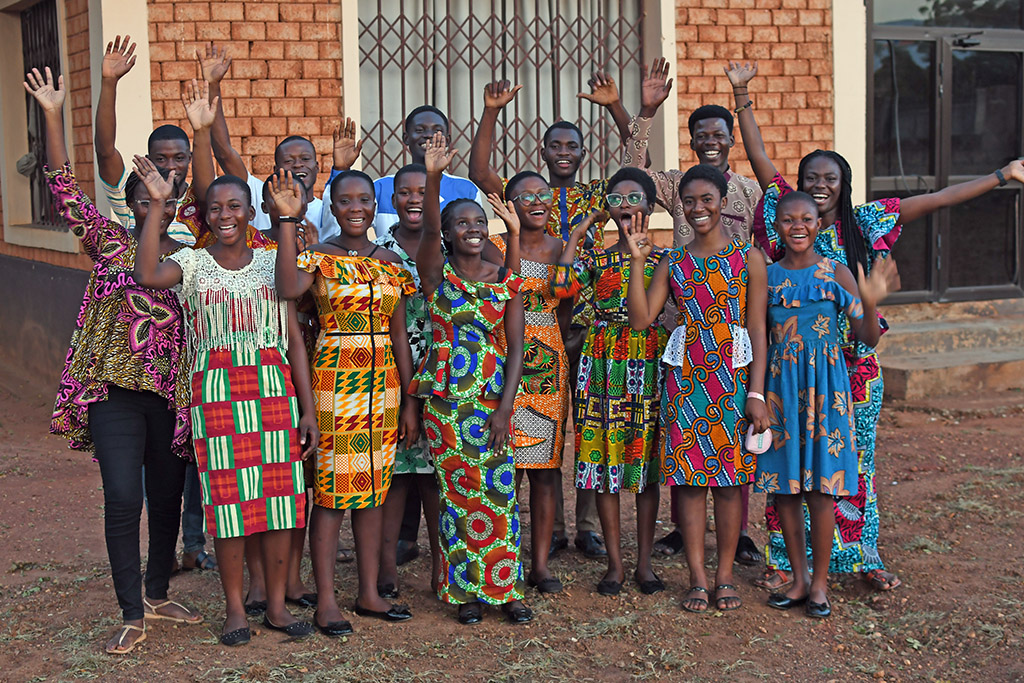This morning started with a great breakfast of fresh fruit and fried eggs, coffee, and a ripe headache. I don’t know why the day started with a touch of malaise and weakness, but I found myself walking slowly and struggling to lift the 50lb bags up and into the car. Thankfully, the cloudy skies kept the sun from evaporating any remaining fumes of vigor remaining in my tank. Seeing our old friend Christian pull up to take us to the airport manufactured an honest and joyful smile, but could not generate the resolve and determination that I rely on to push through. The flight was not particularly hard, but my occasional cough slowed my steps. Ooooof. Fortunately, Beth is doing well, and her social skills more than make up for my lack of interaction as we travelled to the domestic terminal for the flight North.
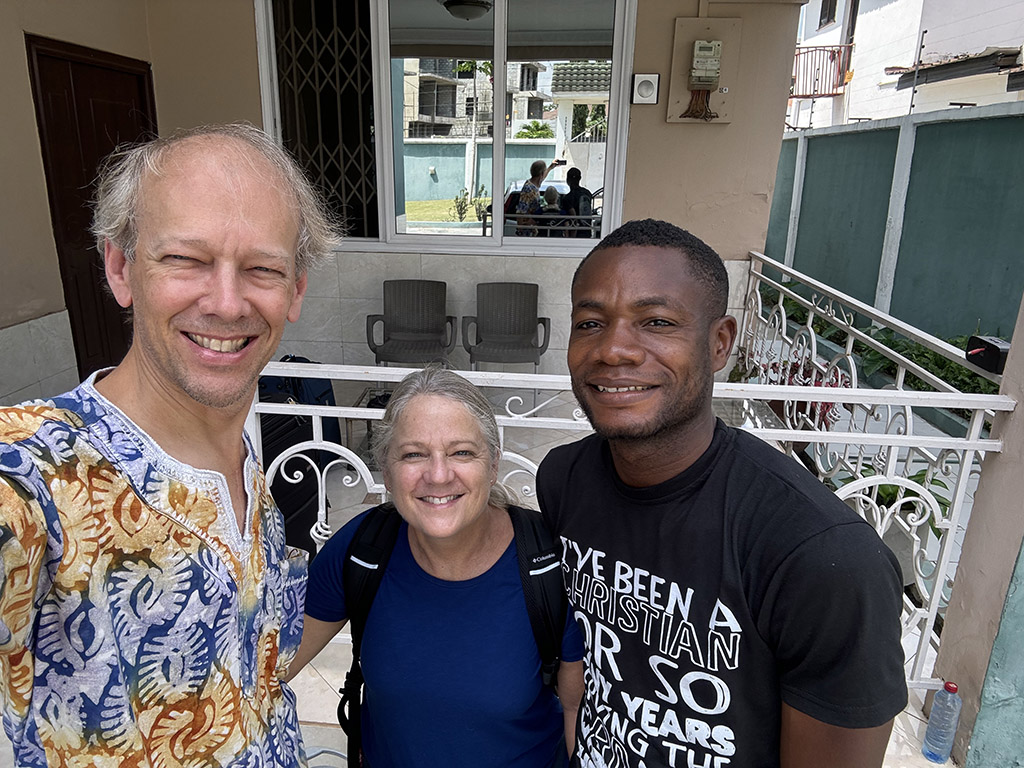
On the flight, Beth and I both bobbed in and out of consciousness. At times, when I looked out the window to the blanket of uniform clouds, I felt like the jet was standing still, suspended above the green landscape that is Ghana at the end of the rainy season.
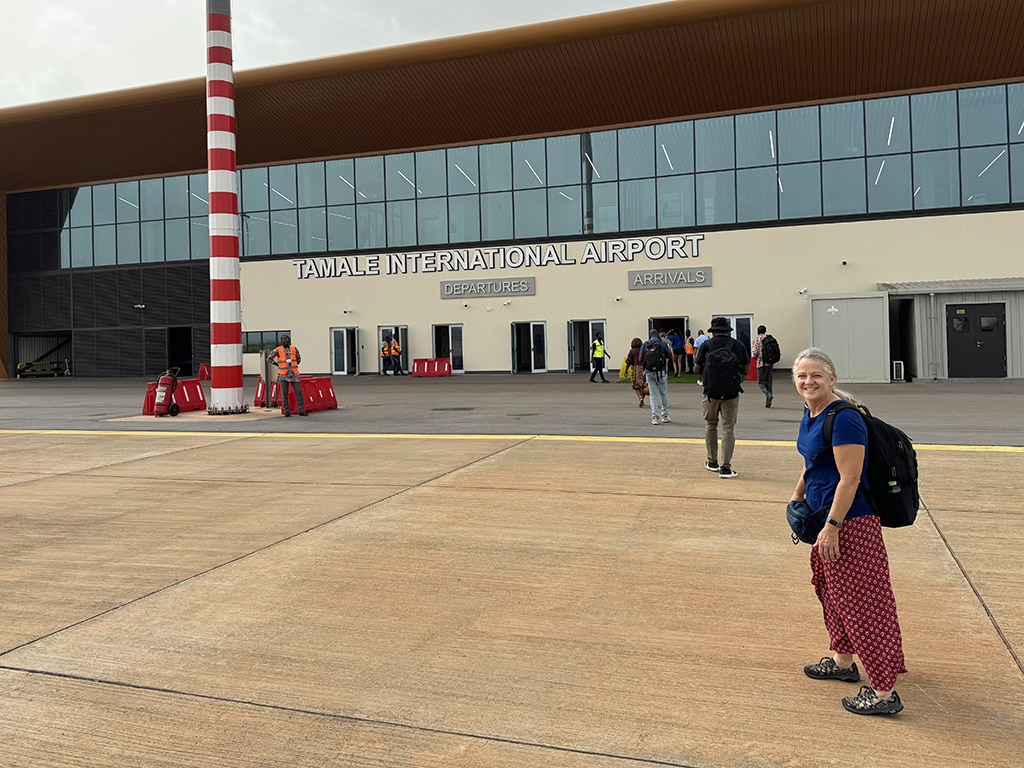
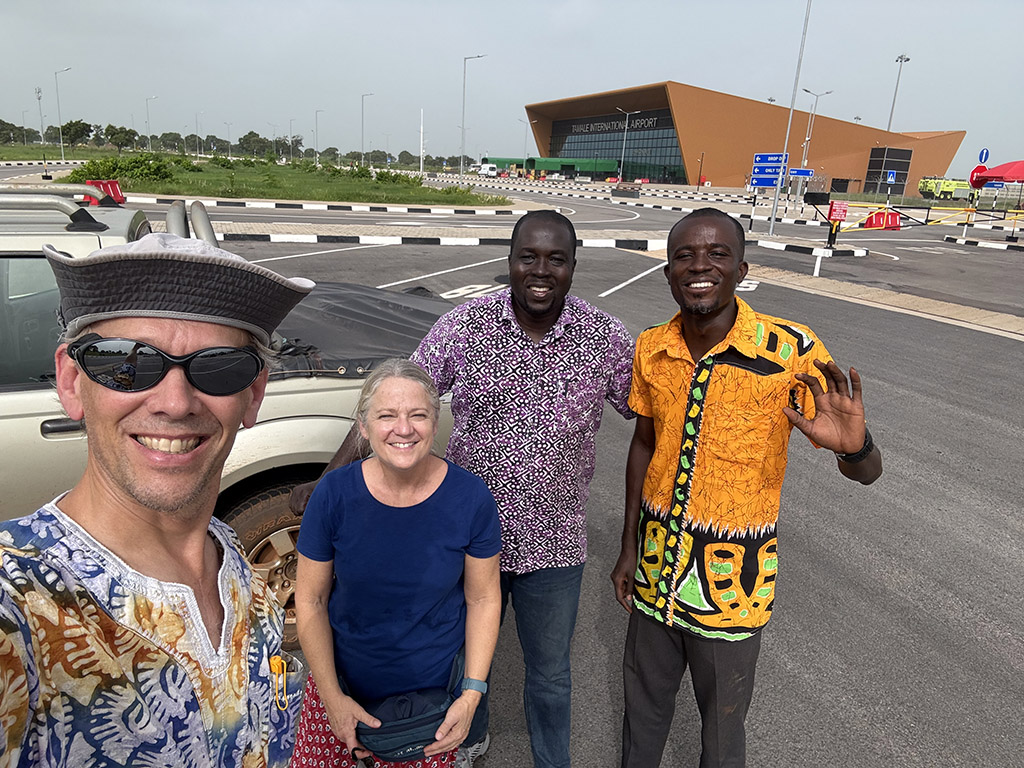
The new Tamale International Airport was a surprise. In fact, Ray and Clement drove to the old airport and then had to circle back to pick us up. On the way into town, we stopped in on some pastors training, and Ray provided a short encouragement. By 4:00, it was time for a meal. As readers of the blog over the years know, Ghanaians enjoy preparing food, eating food, and sharing food. We pulled into a small place we have enjoyed on previous trips and sat outside in the shade. Lizards darted across the pavement. Colorful pigeons flew down to grab morsels from abandoned tables. Nigerian and Ghanaian pop music blared from the radio. A real Coca Cola, with real sugar, sounded appealing. Food? – not so much. But it was so great to chat with Clement and Ray. So much exciting work has been done over the last 10 months since our visit in January. Clement was excited to learn how to do his own audio and video recording. Ray was doing Zoom training for young pastors. Clement shared how important the choir music together with videos brings excitement to a village before the outreach begins. We started discussing new ideas.
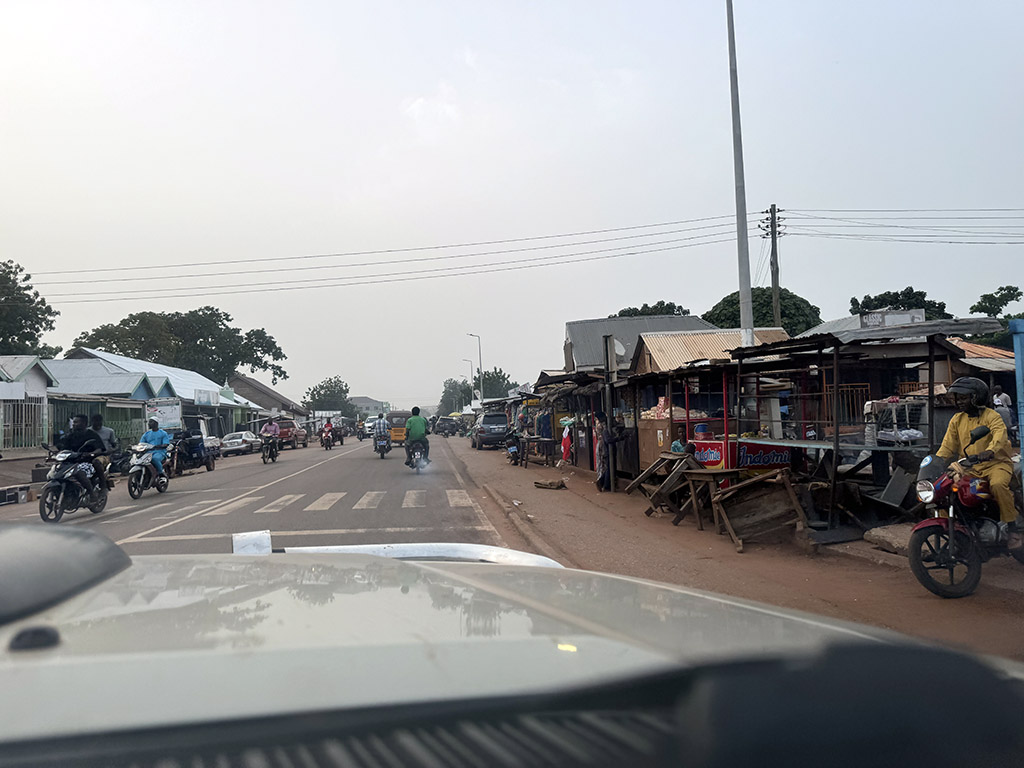
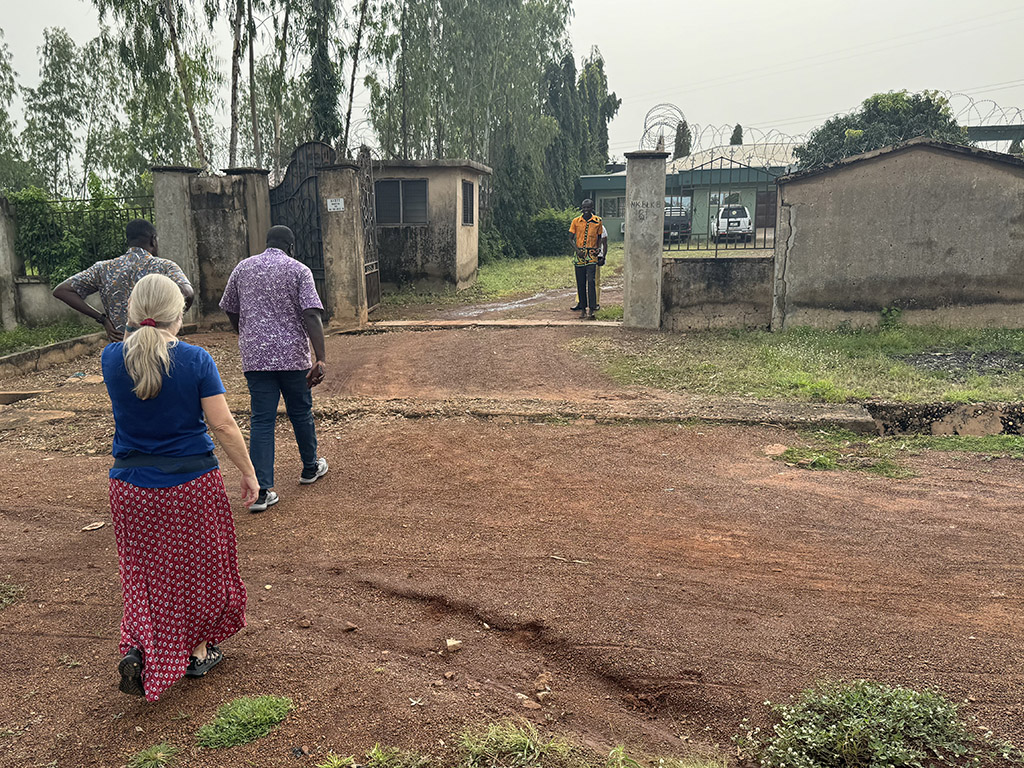
When my guinea fowl and jollof rice arrived, I decided it was time to just go all in with the shito, the spicy chili pepper and ginger condiment of Ghana. If there was an earthly remedy to add zip to my frame, shito had to be first on the list. Each bite was a painful awakening. I could not tell if I was feeling better, but I certainly was feeling. My head swam in ginger and spices. My Cola was gone, but there was cool water. Beth enjoyed a delightful dish suggested by the waiter, coconut rice with guinea fowl.
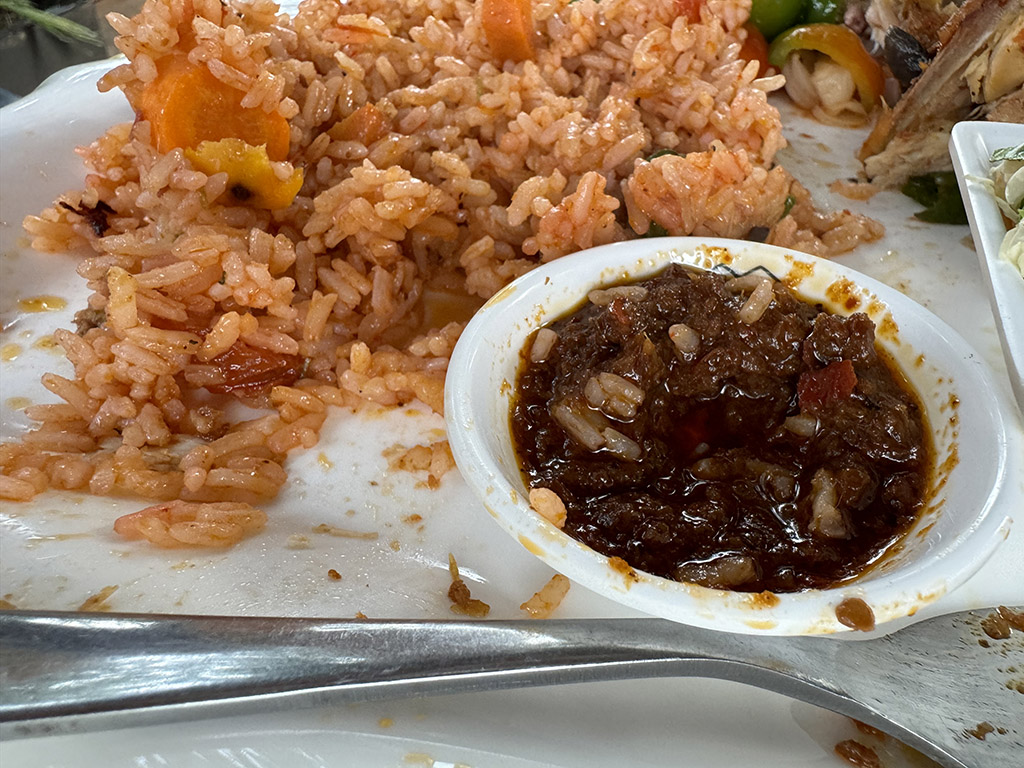
At the guest house, after the mosquitos had subsided but while the mosques were still playing mixtape, we met Clement to begin preparing for the recordings. I was feeling stronger, and Beth made sure I was drinking lots of water. Ray joined us and we relaxed and discussed the week of work before us. The ceiling fan in the summer hut (a thatched roof that provides shade, but without walls) rocked and whirred. The high pitch drone of insects was a welcome, familiar sound for us. Clement explained that the crazy insane rain of three days ago, which was so intense they could not see the road, was the last for the rainy season. “Yes, I believe it was the last rain for the North.” Now, the Harmattan, the dry trade winds from the Sahara can begin to arrive. “It will not rain again until May”. The roads are sloppy and the land lush with a year’s worth of rain. We hope our timing is good, and our progress to Sawla tomorrow to meet Cyrus goes well. I’ll be tomorrow’s driver, to give Ray a break. I’m feeling better. Thanks for your prayers, and we thank Ghana for the rescue Shito.


